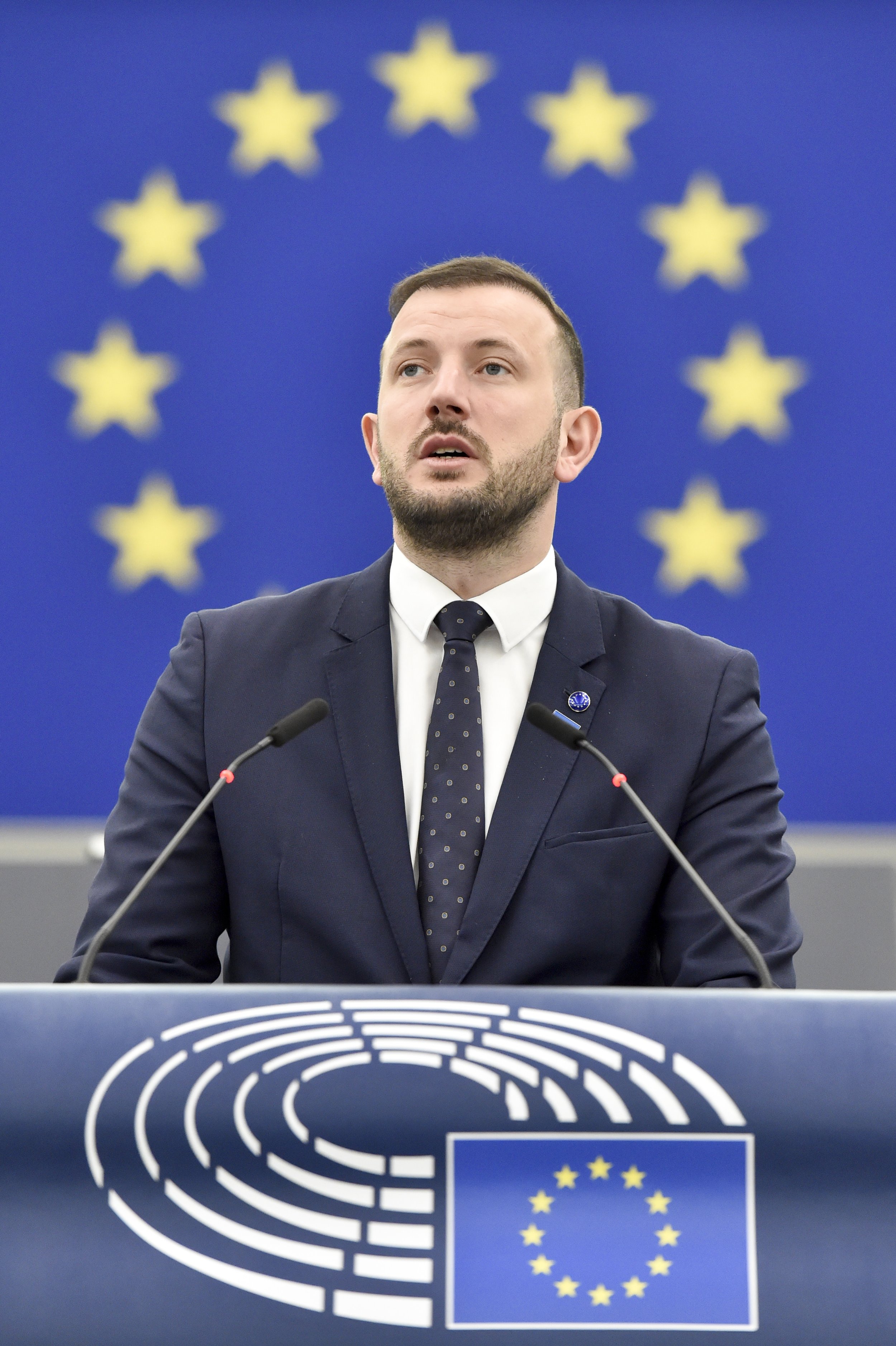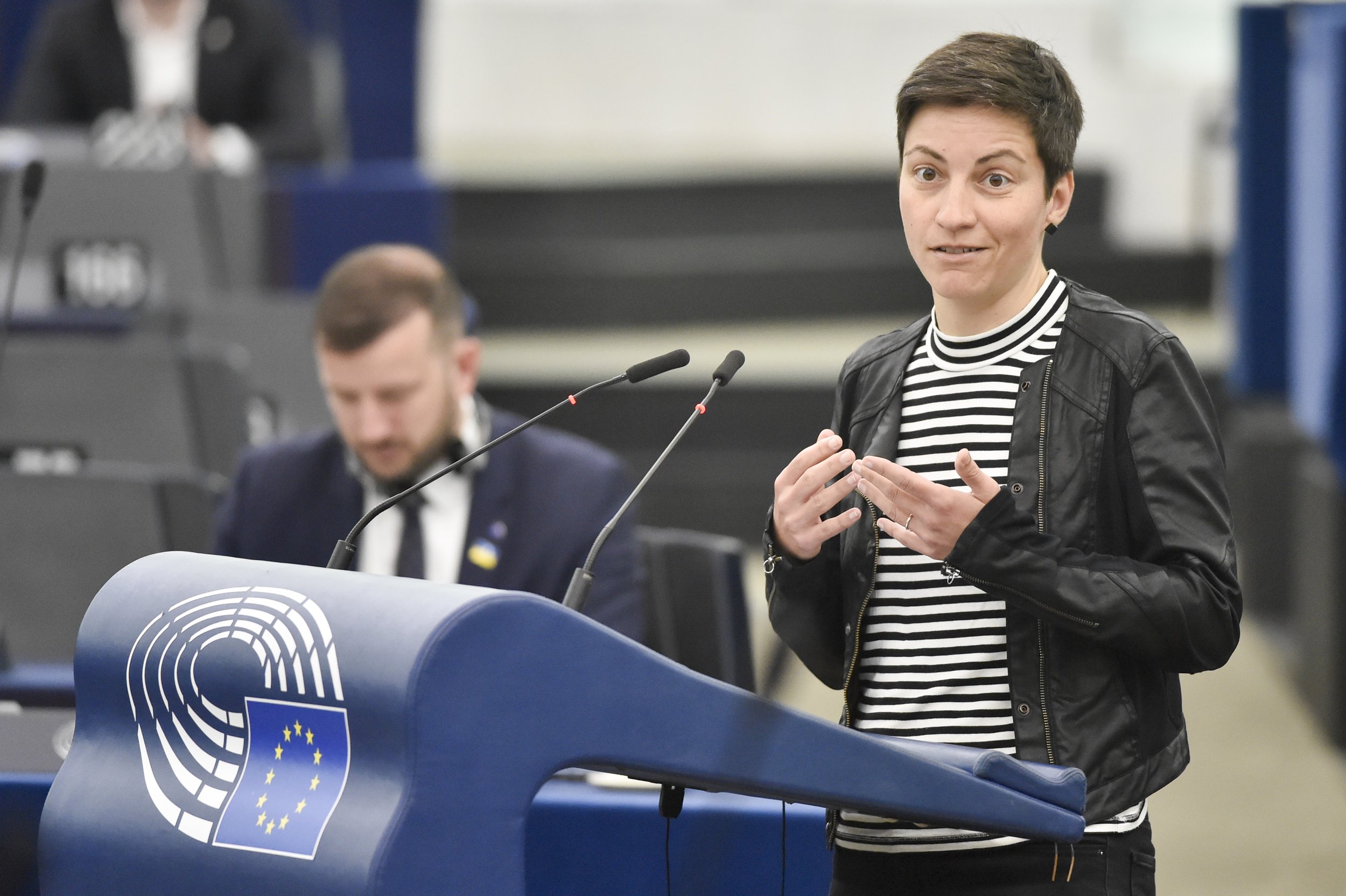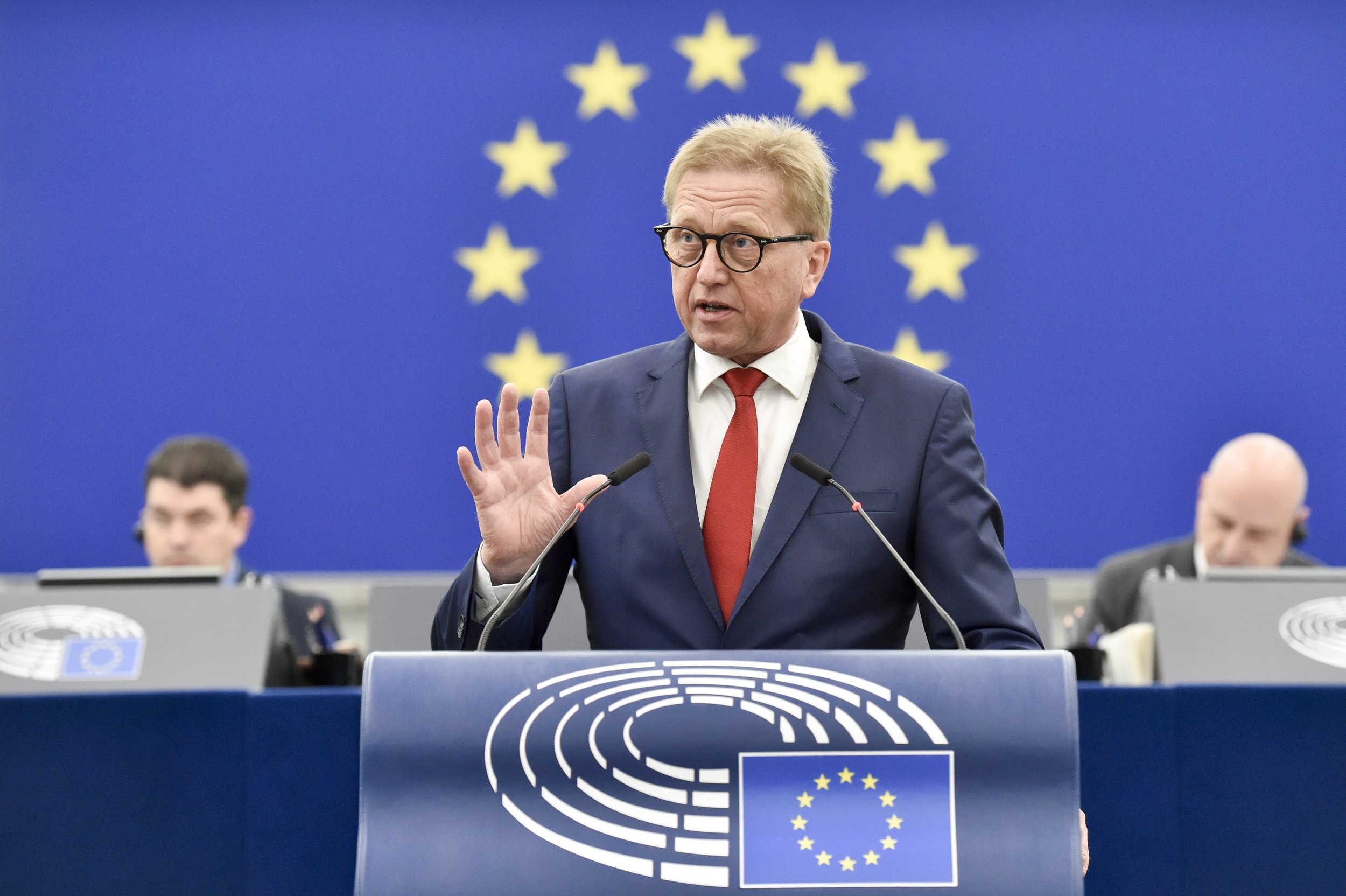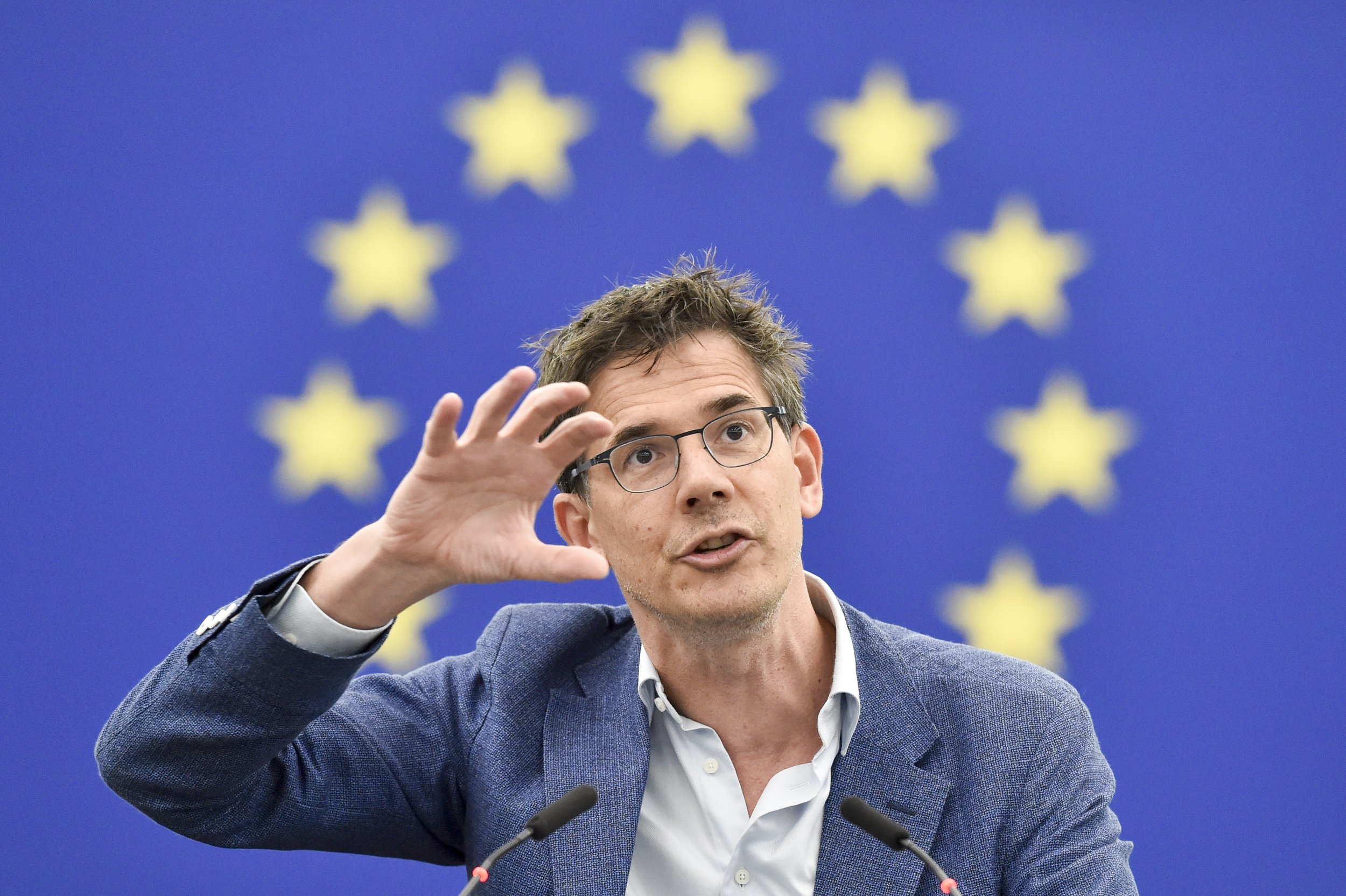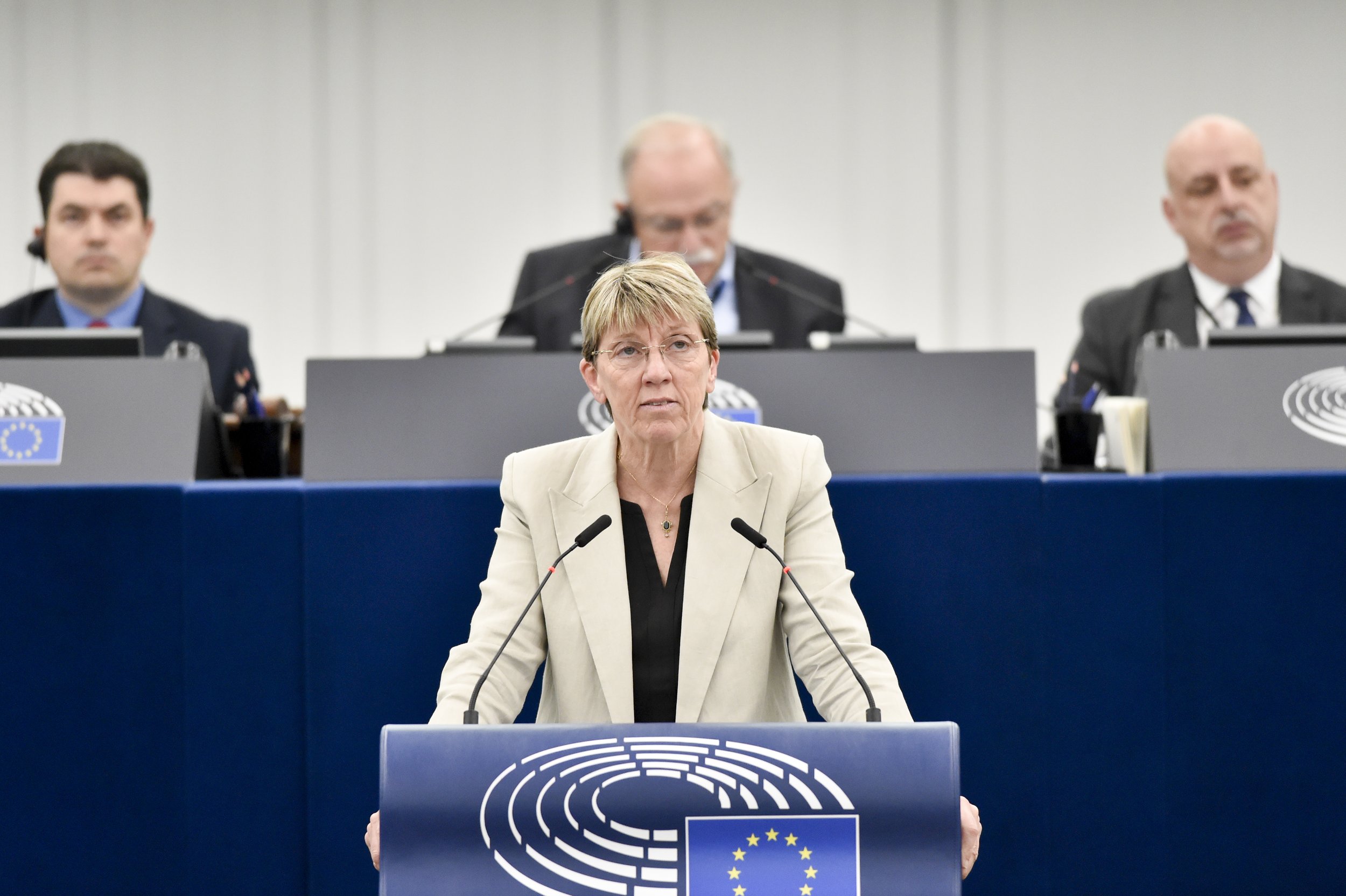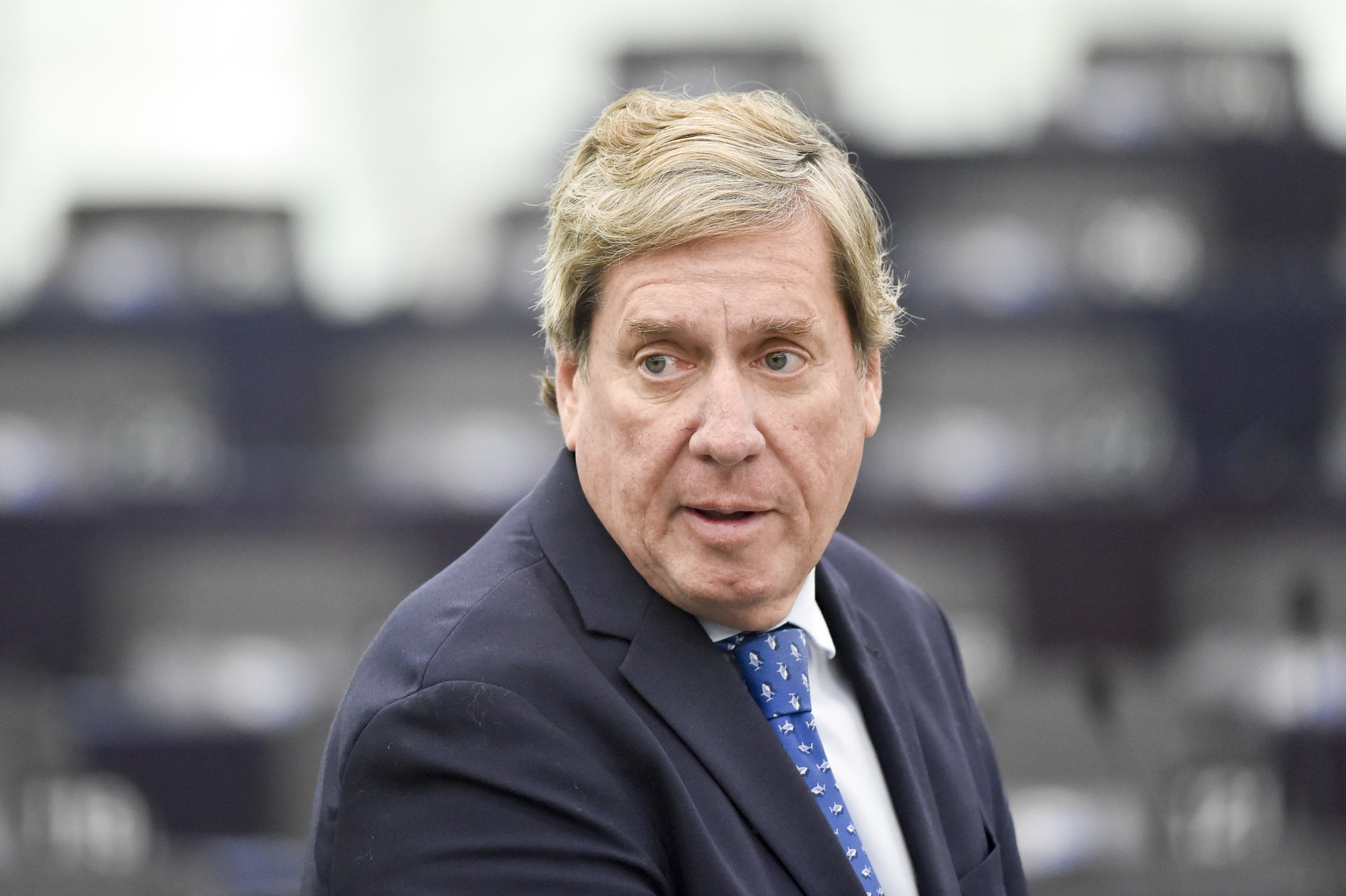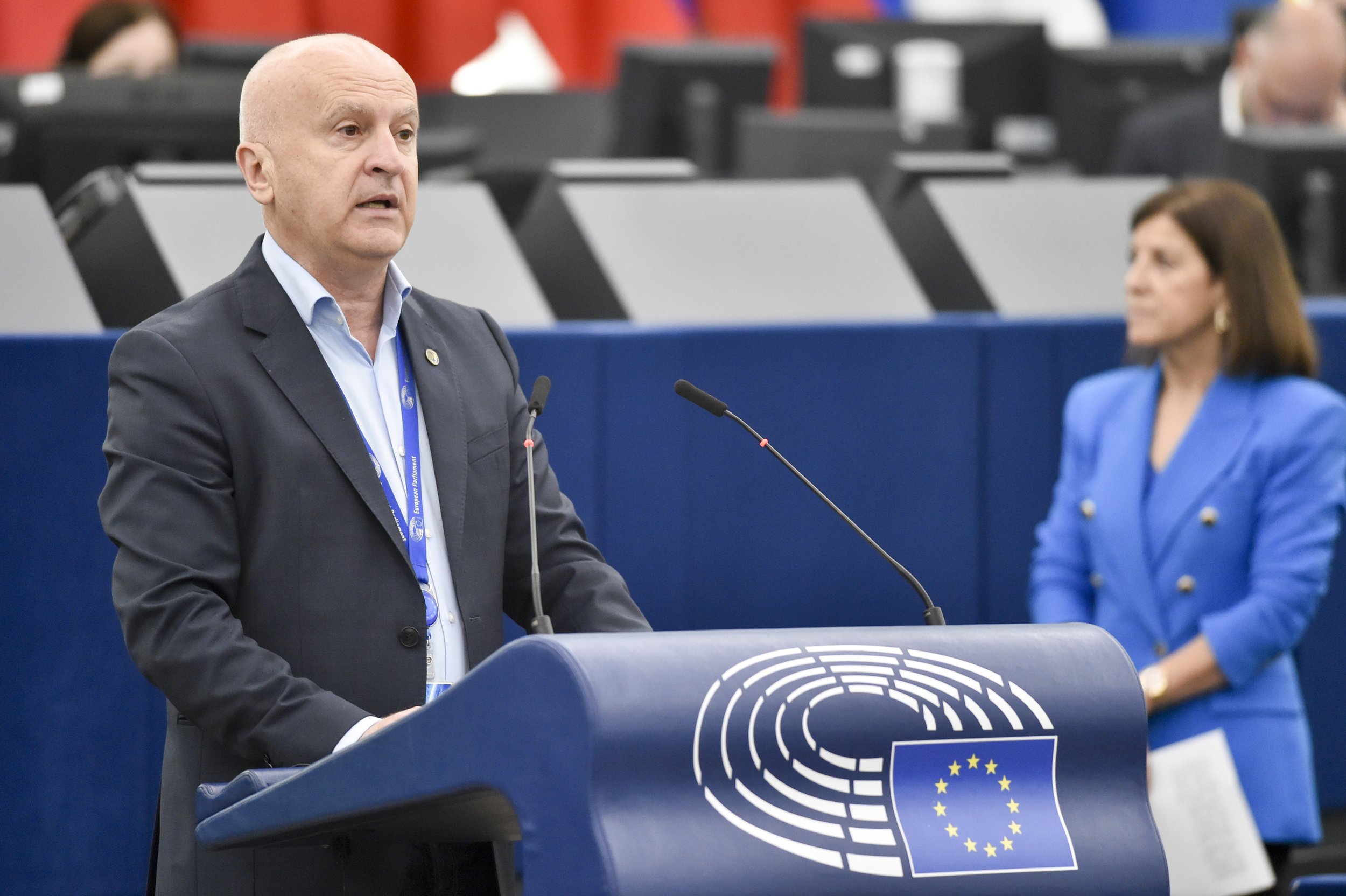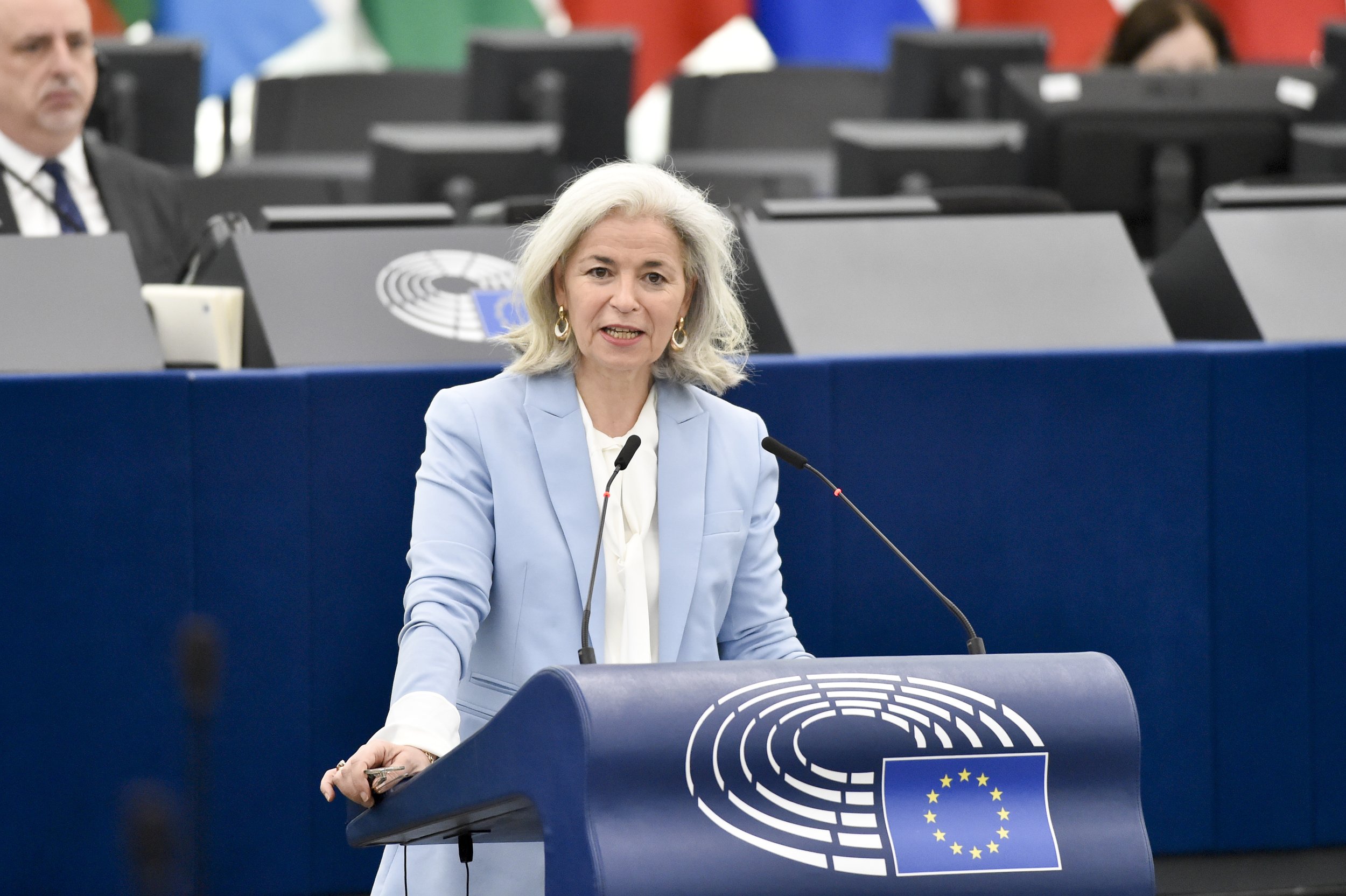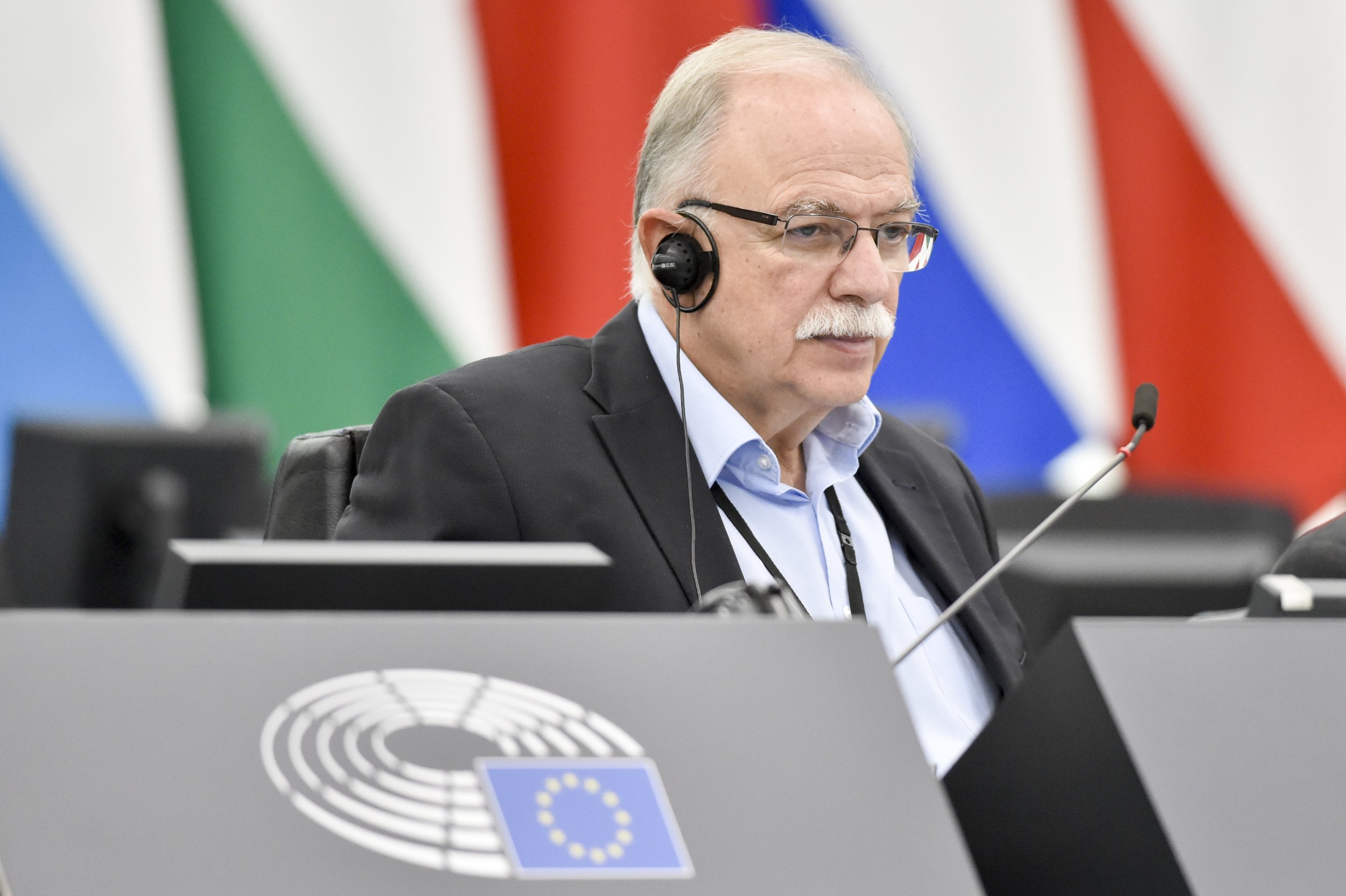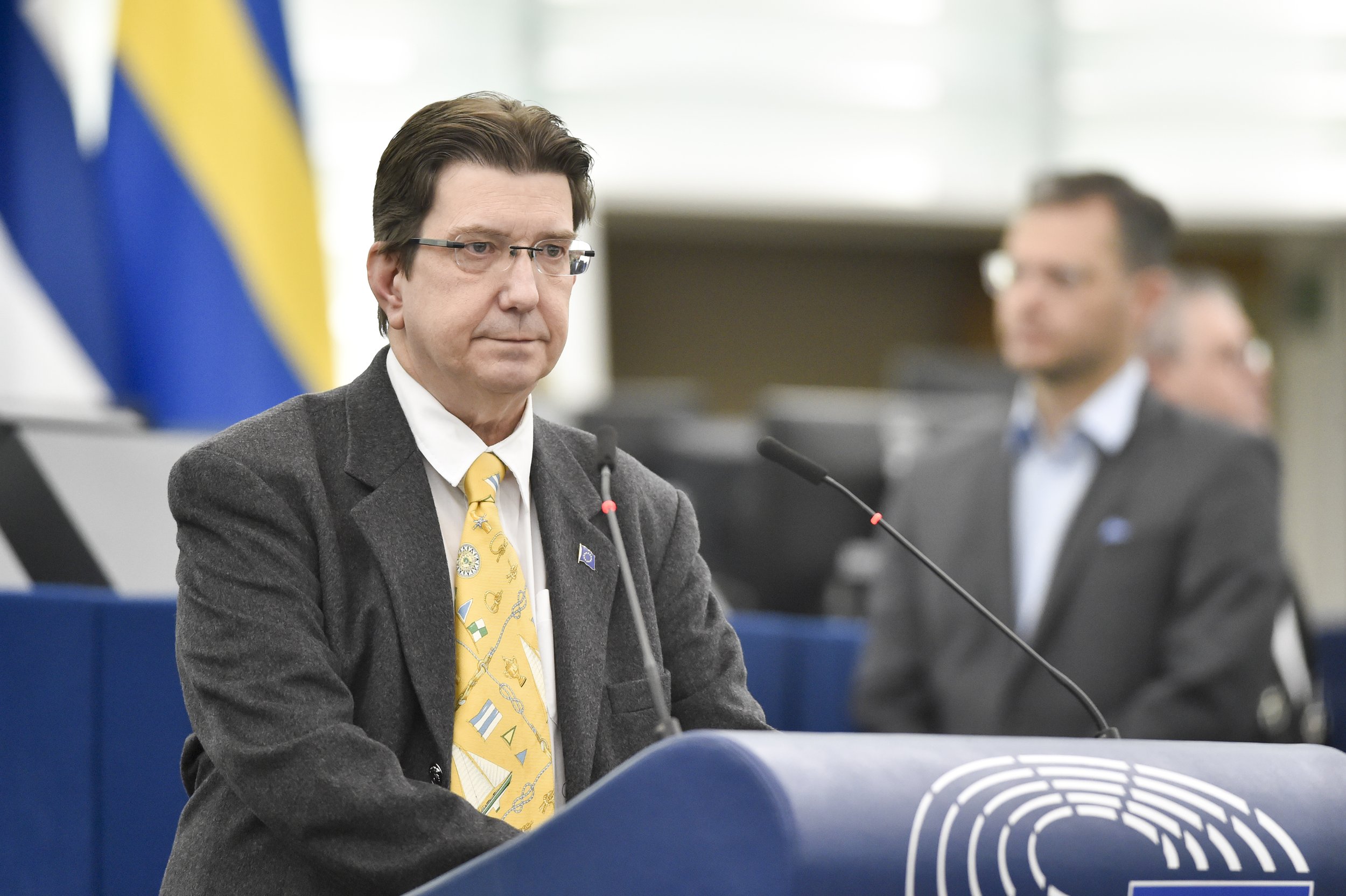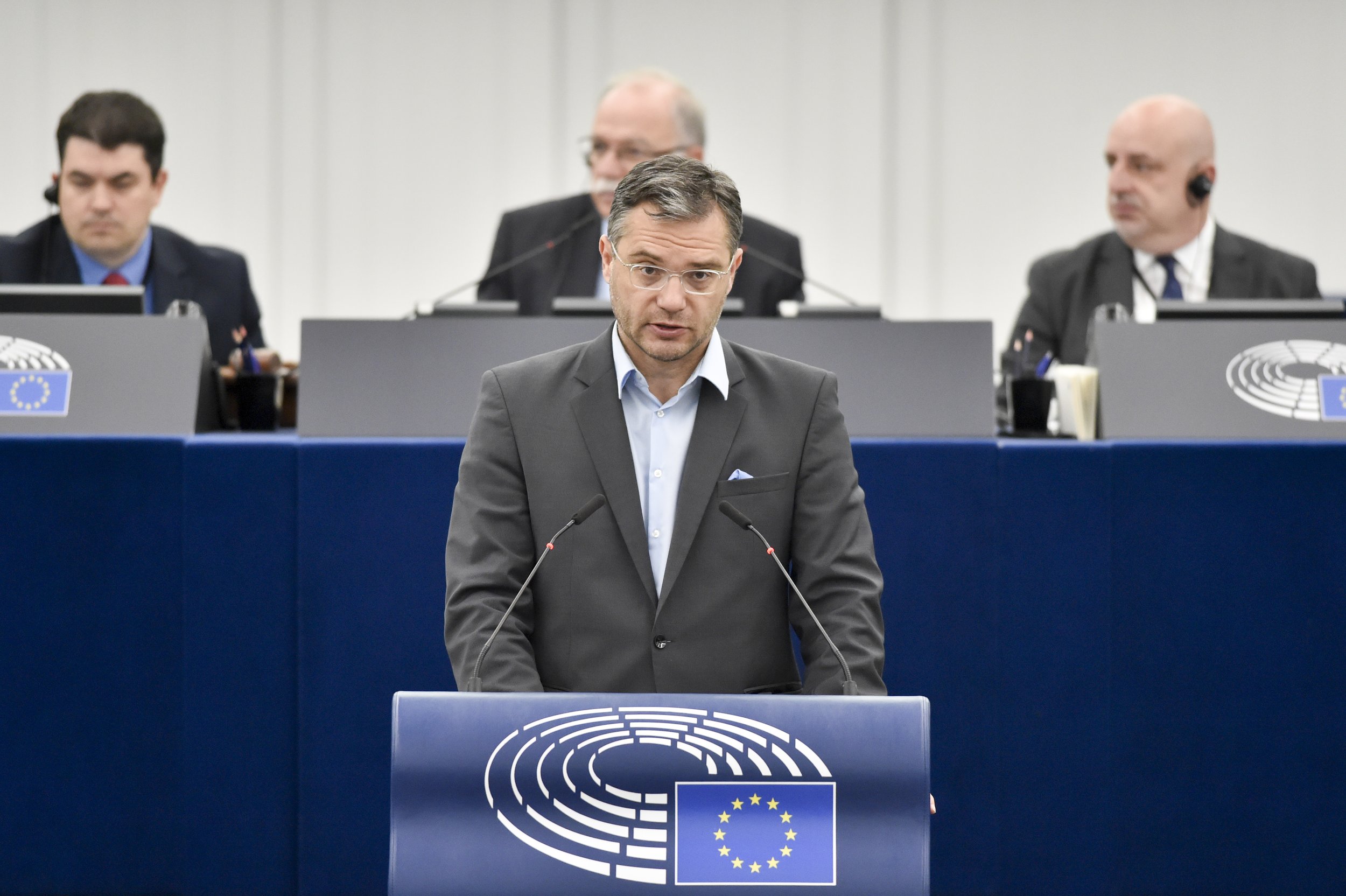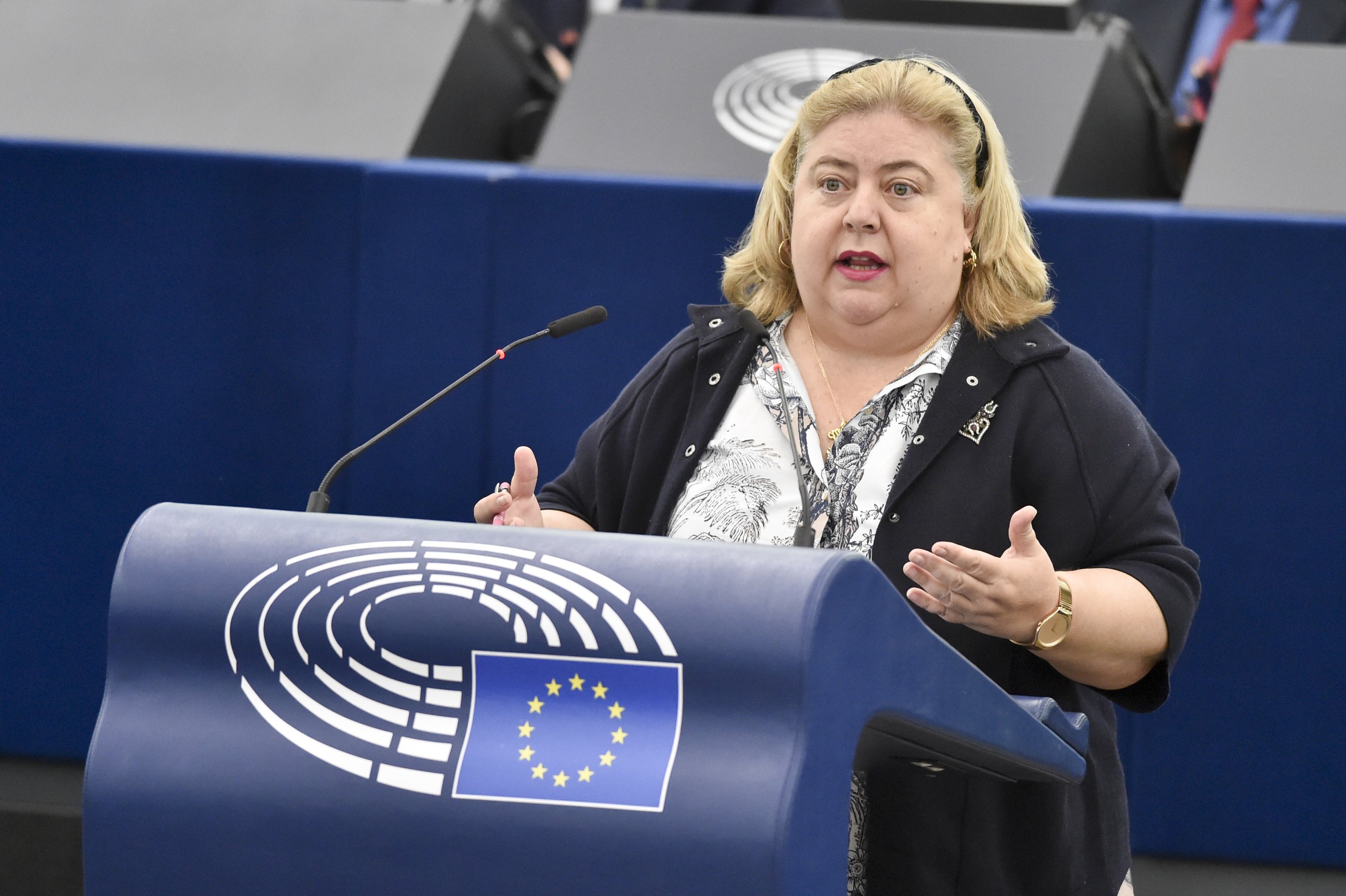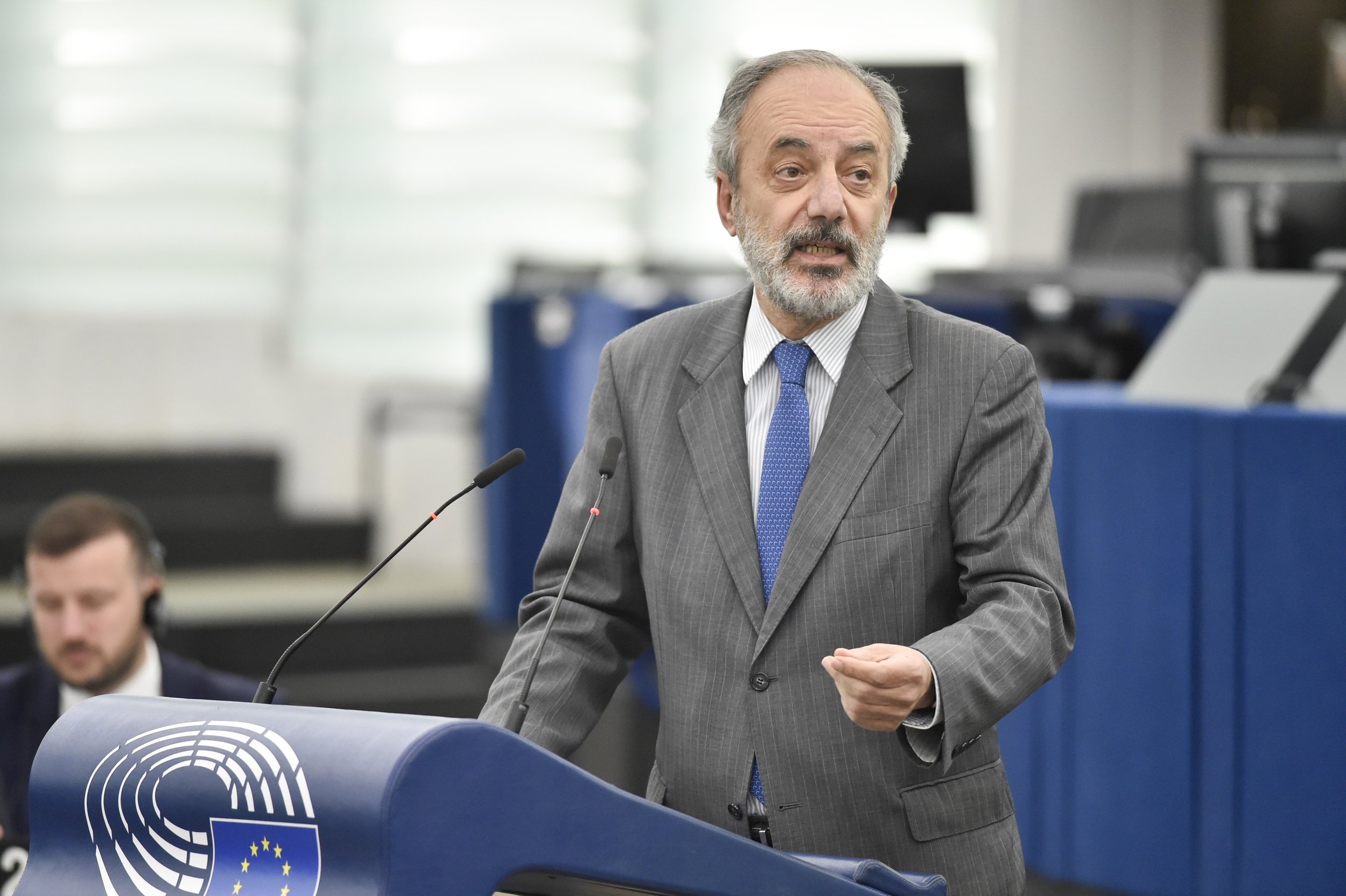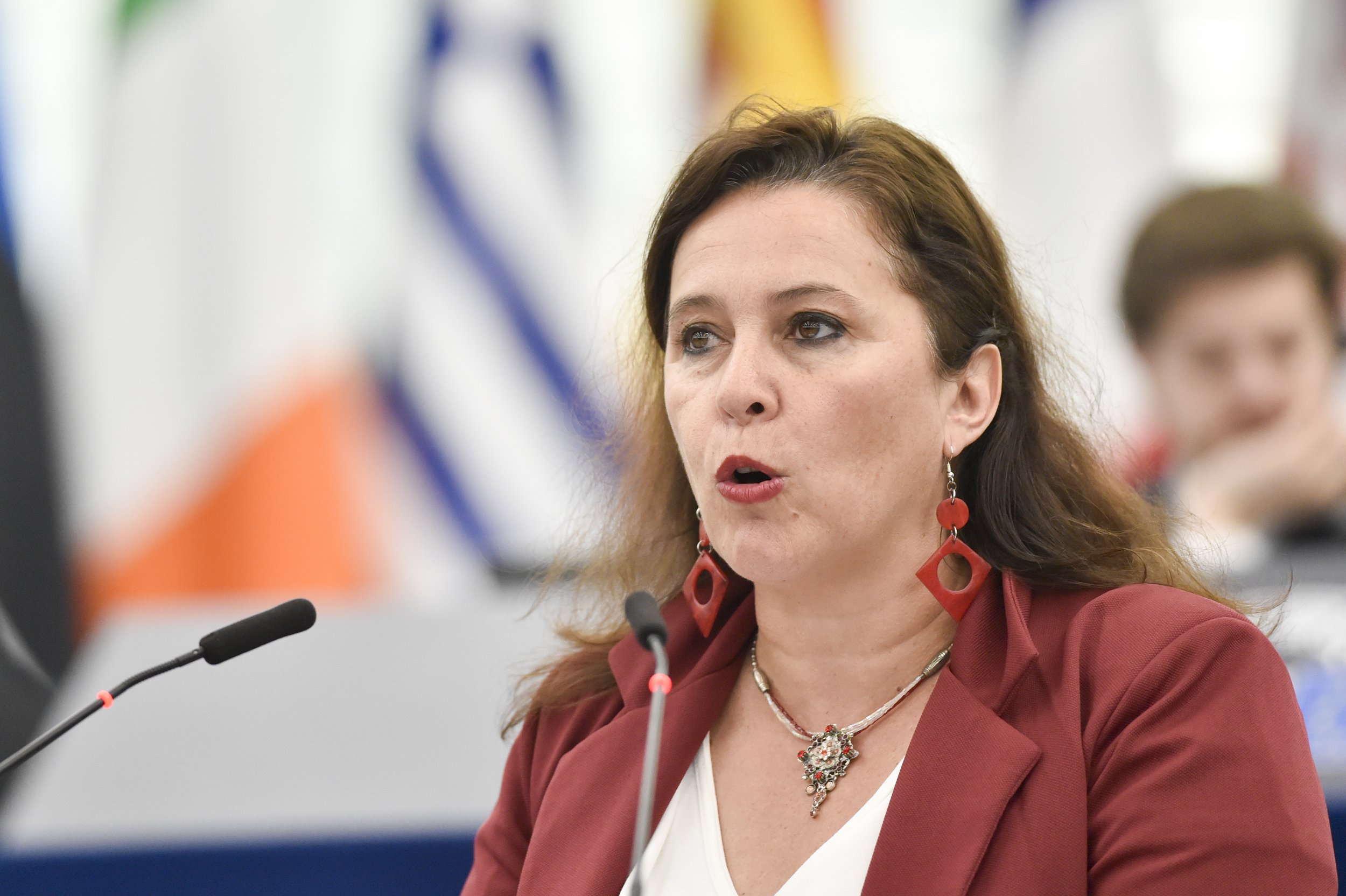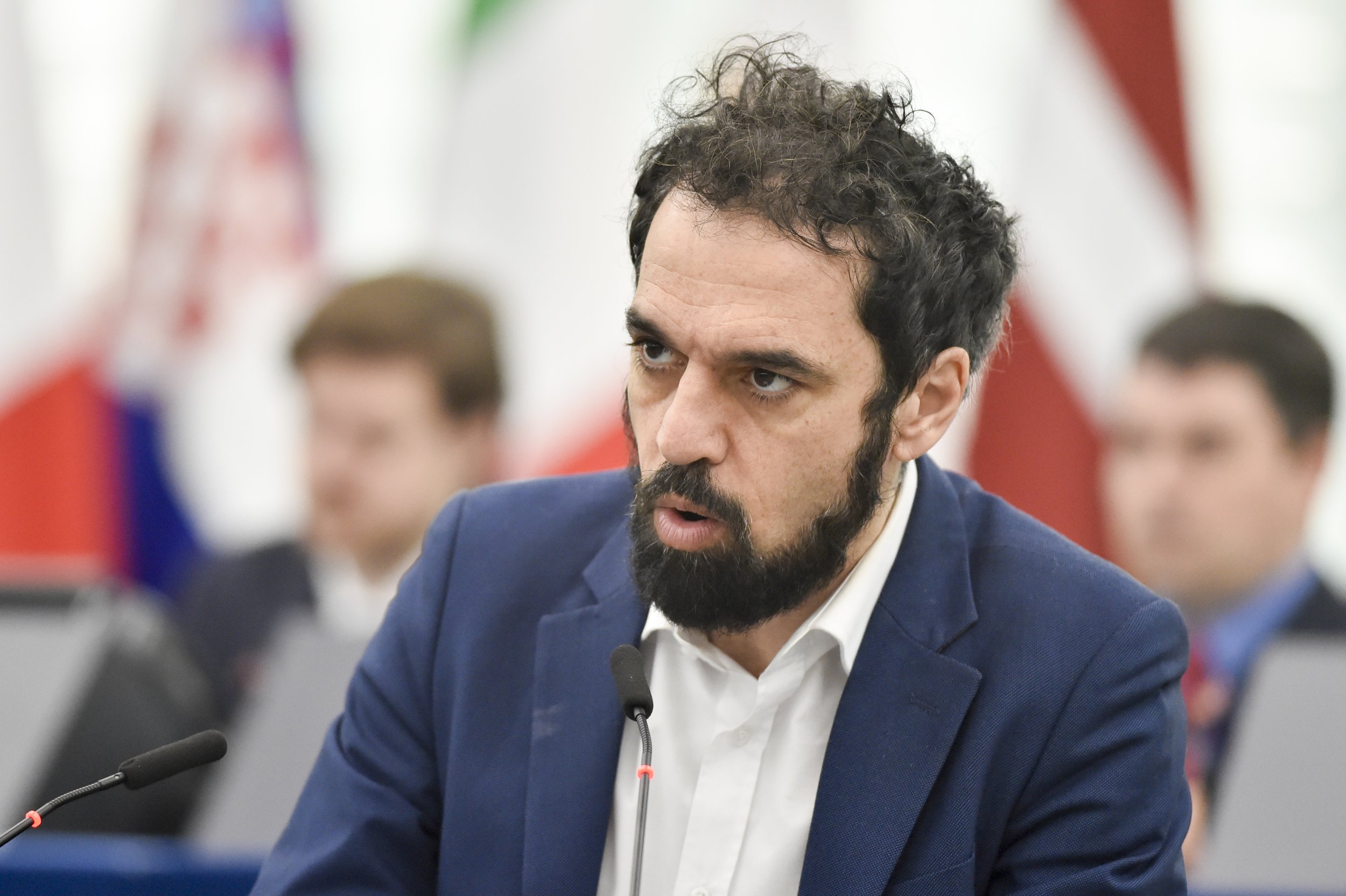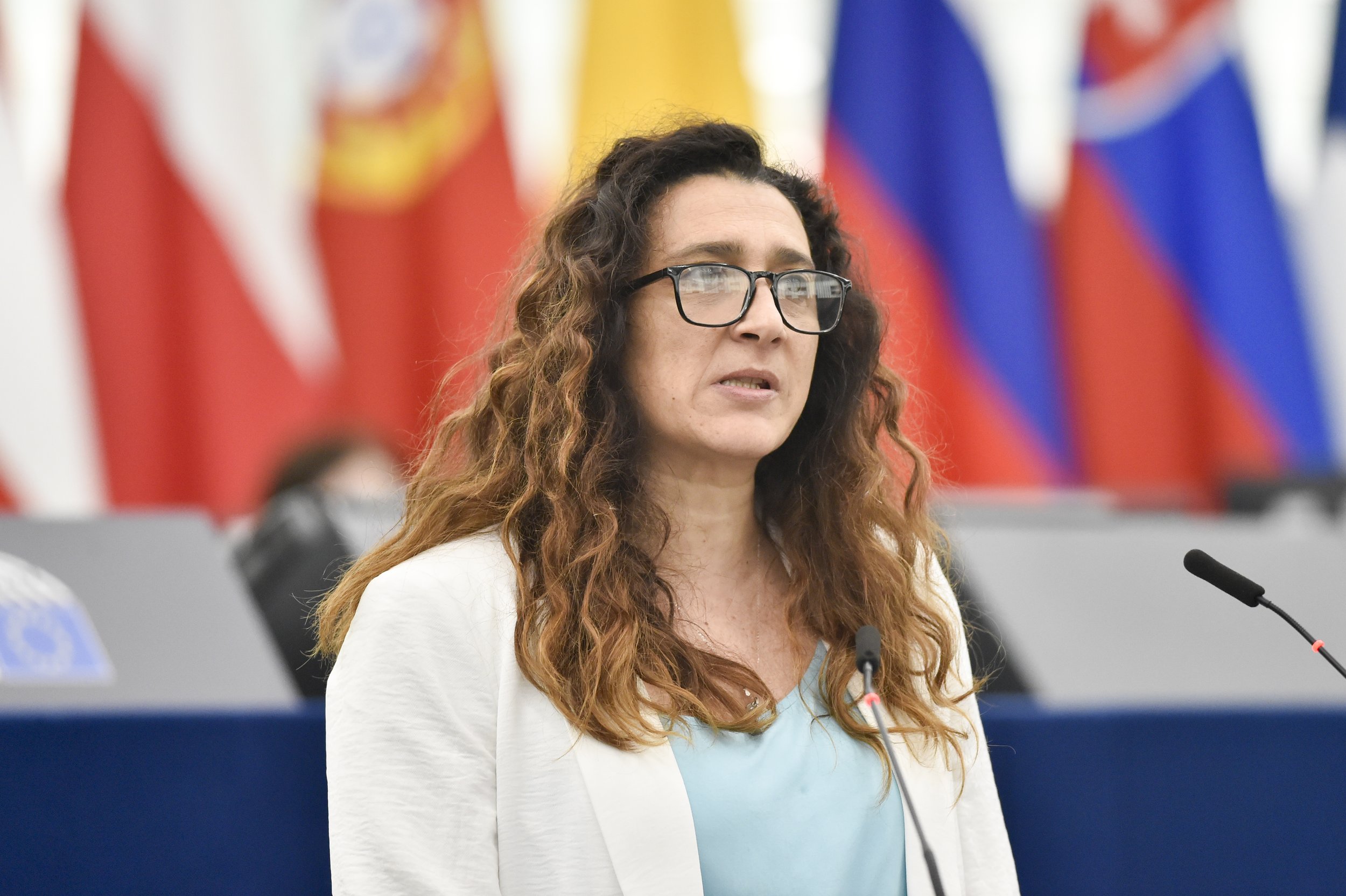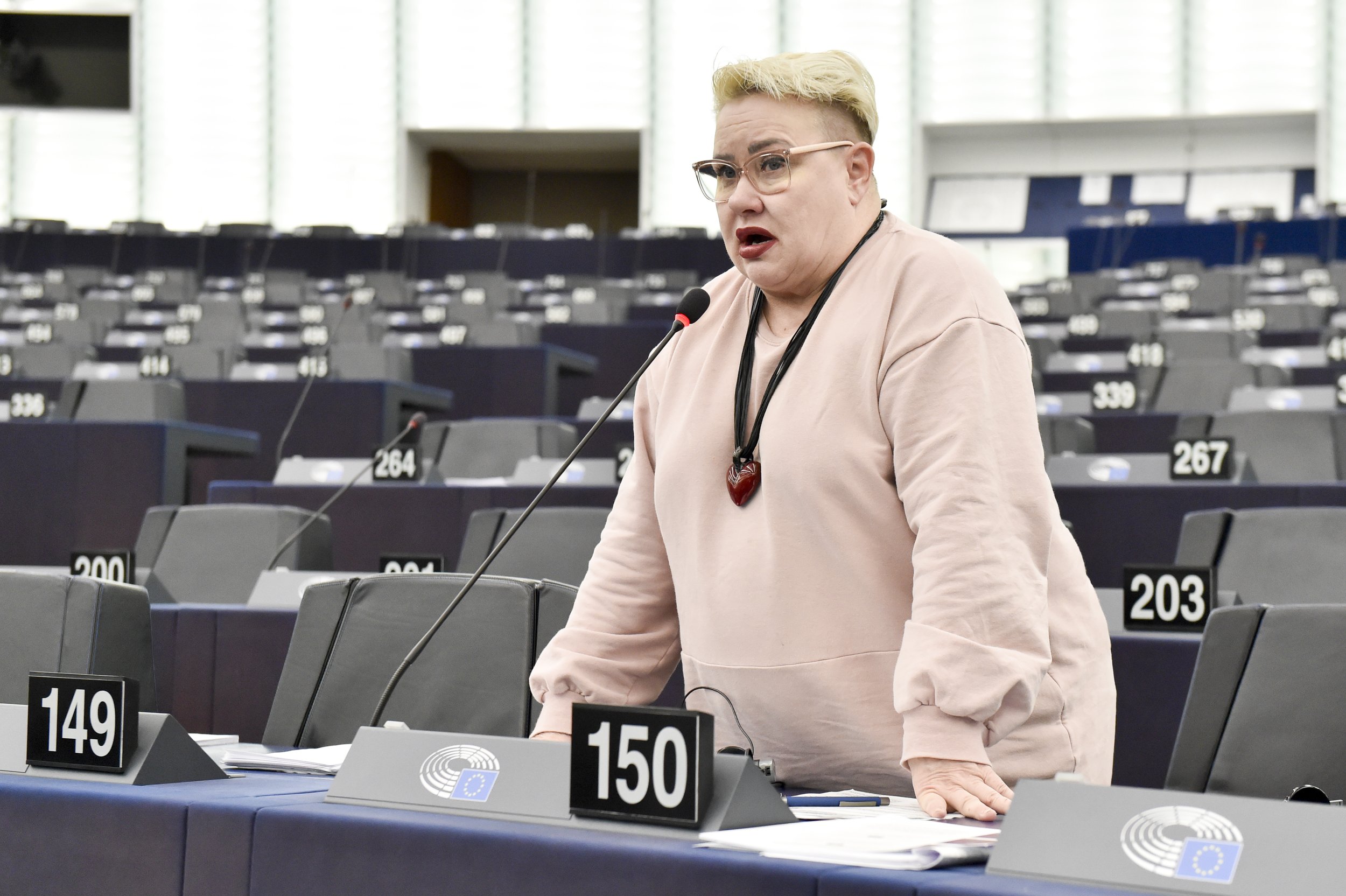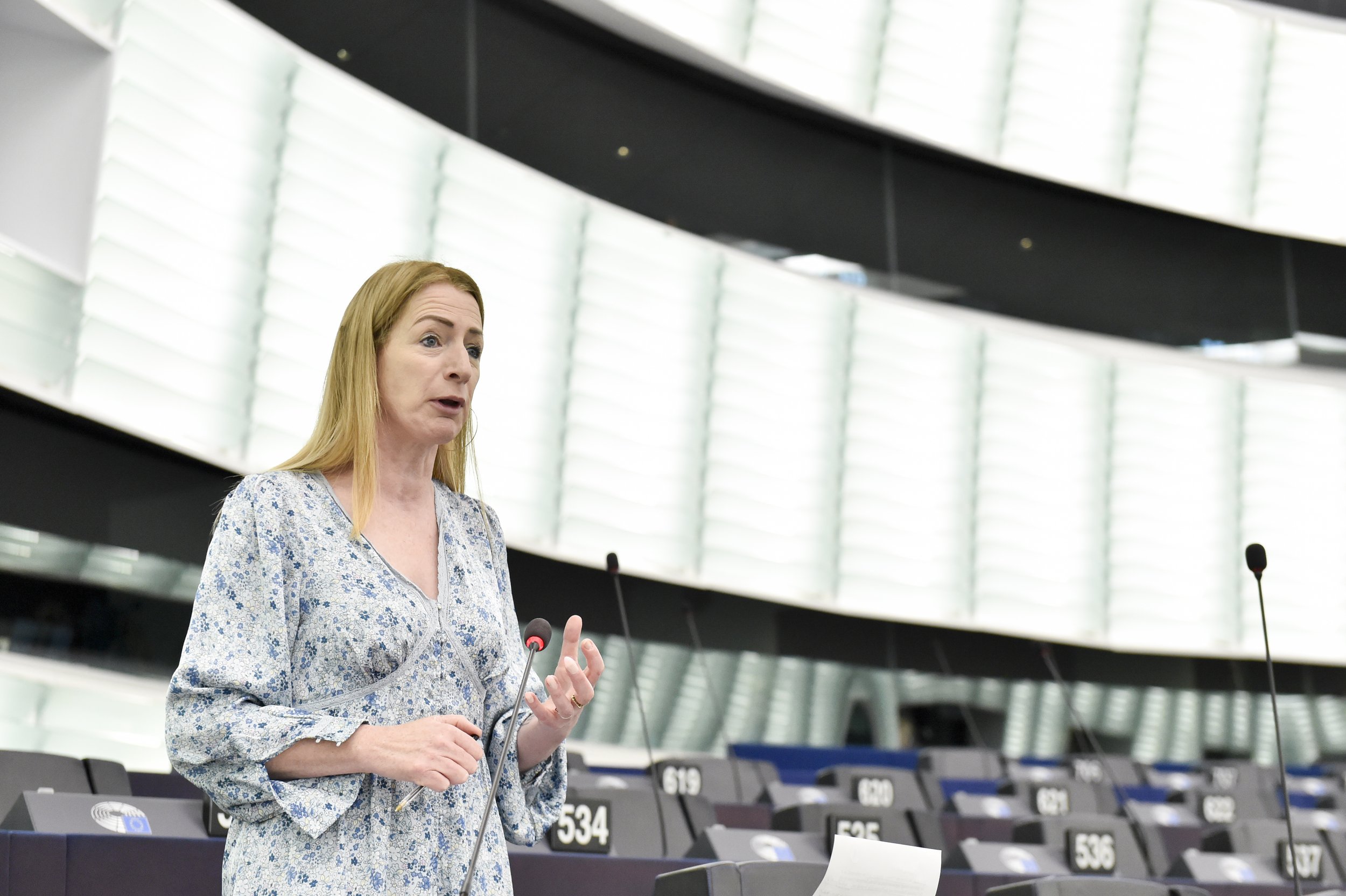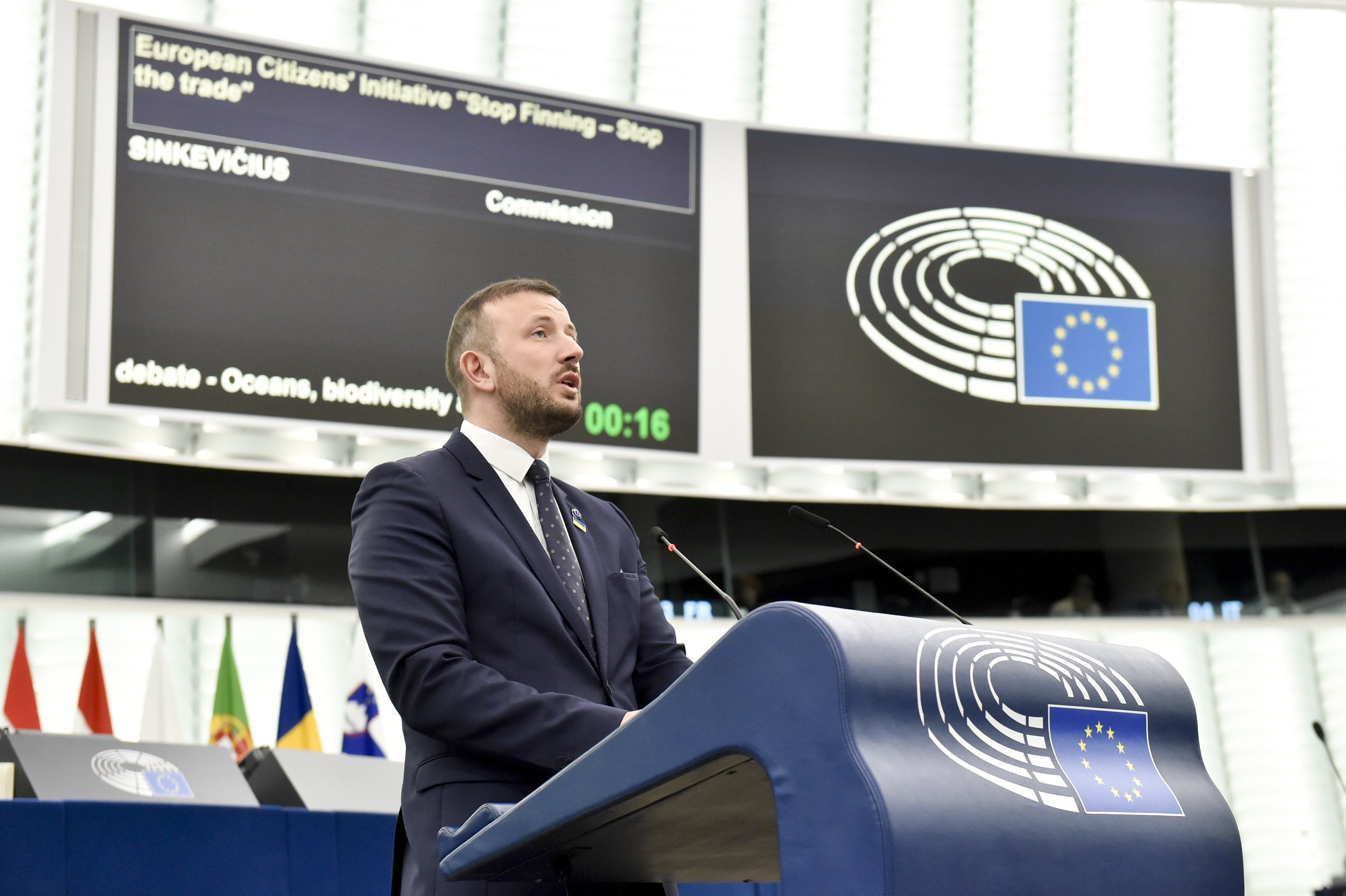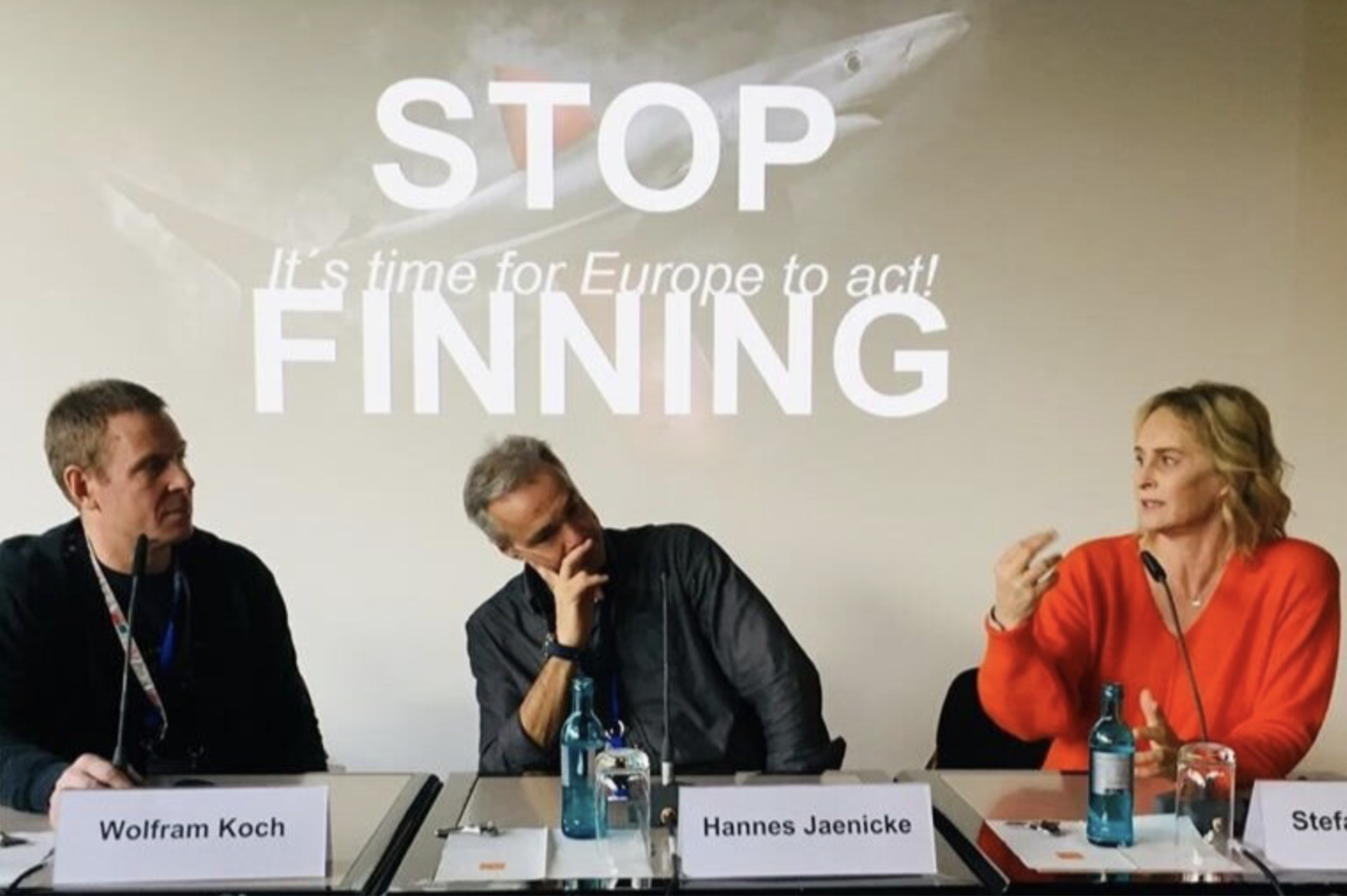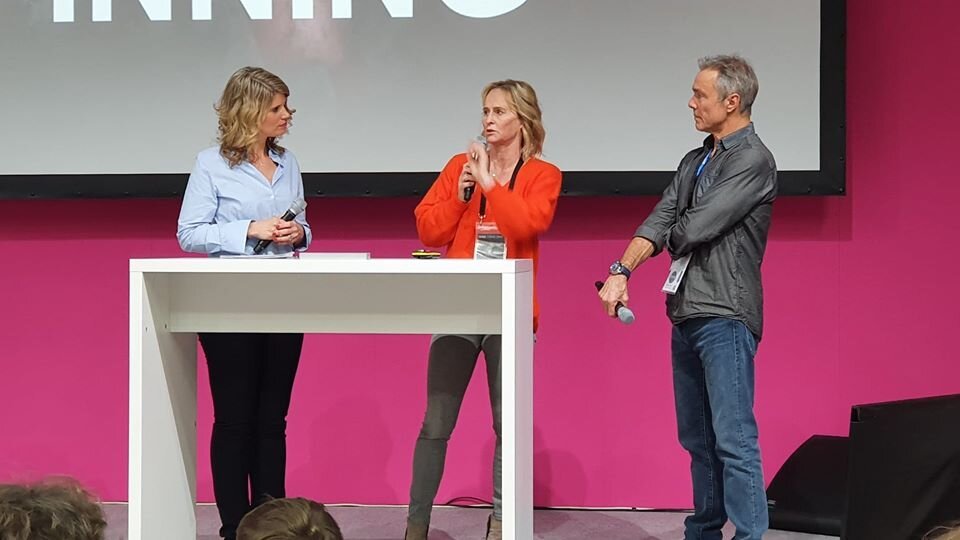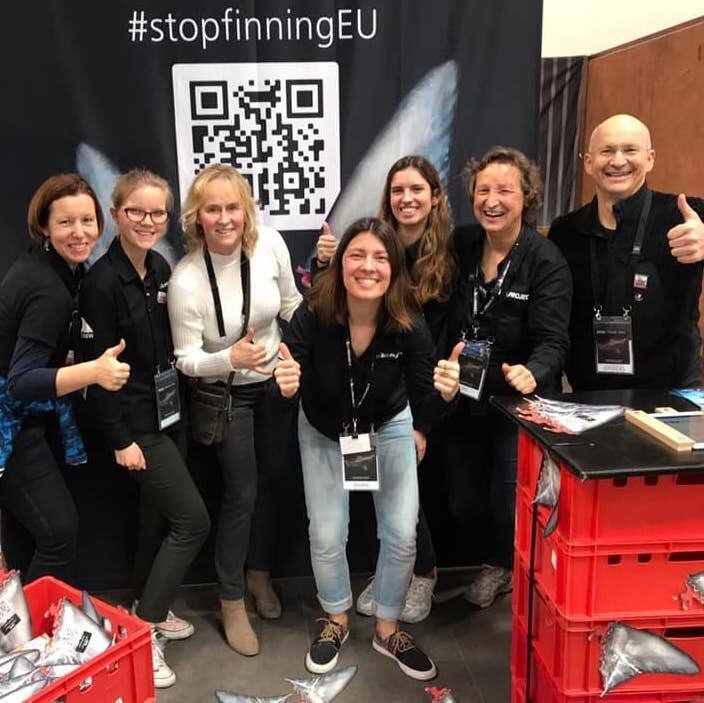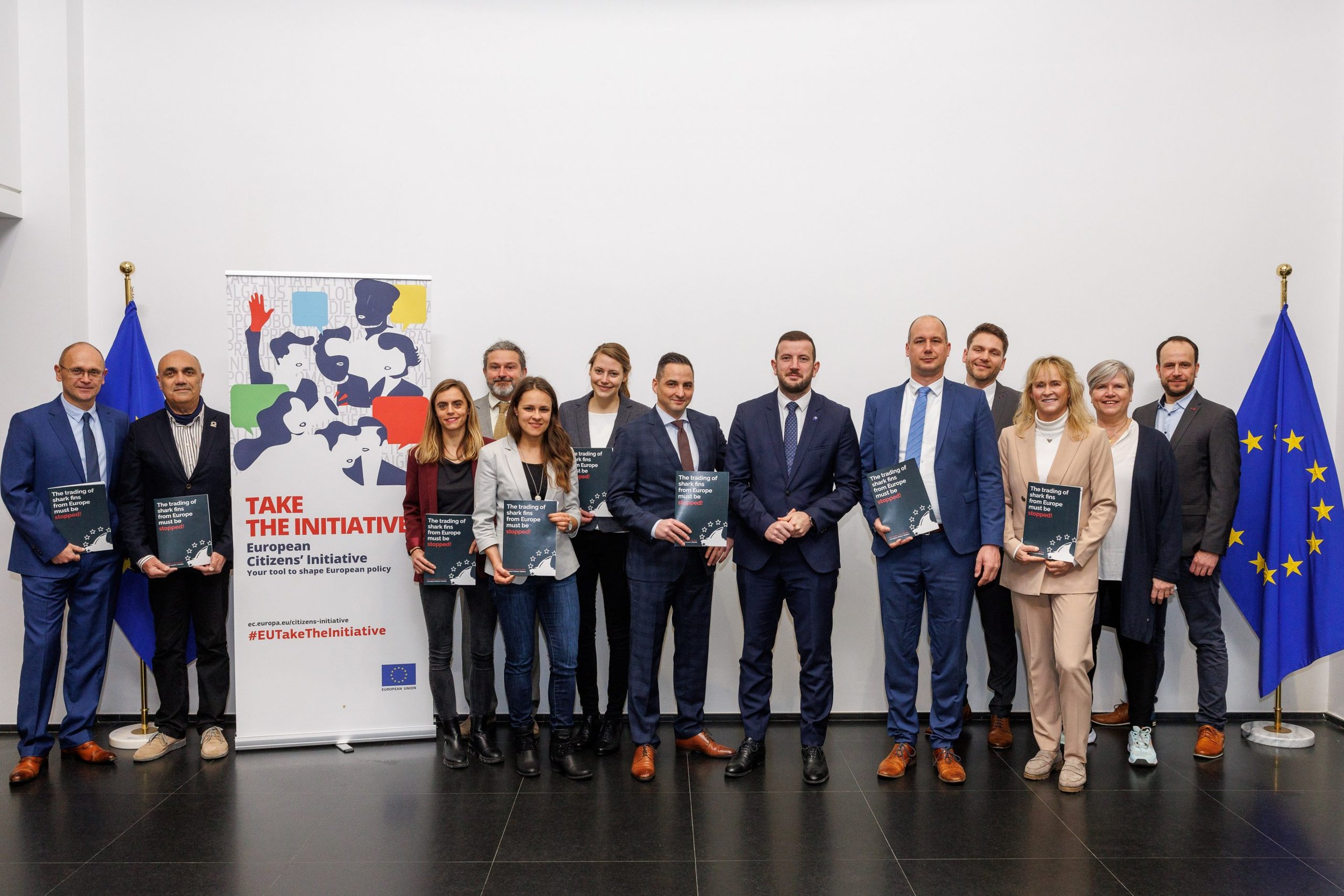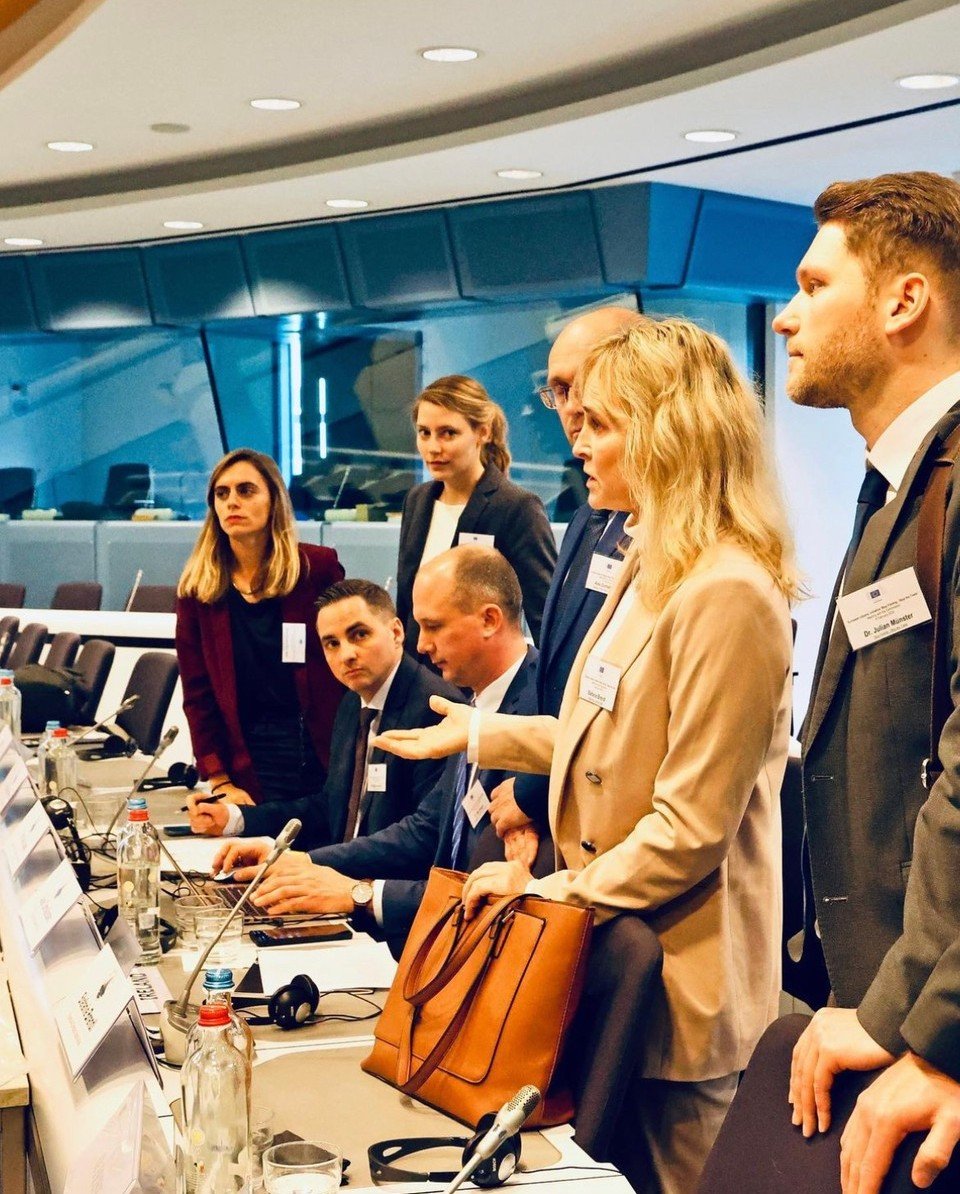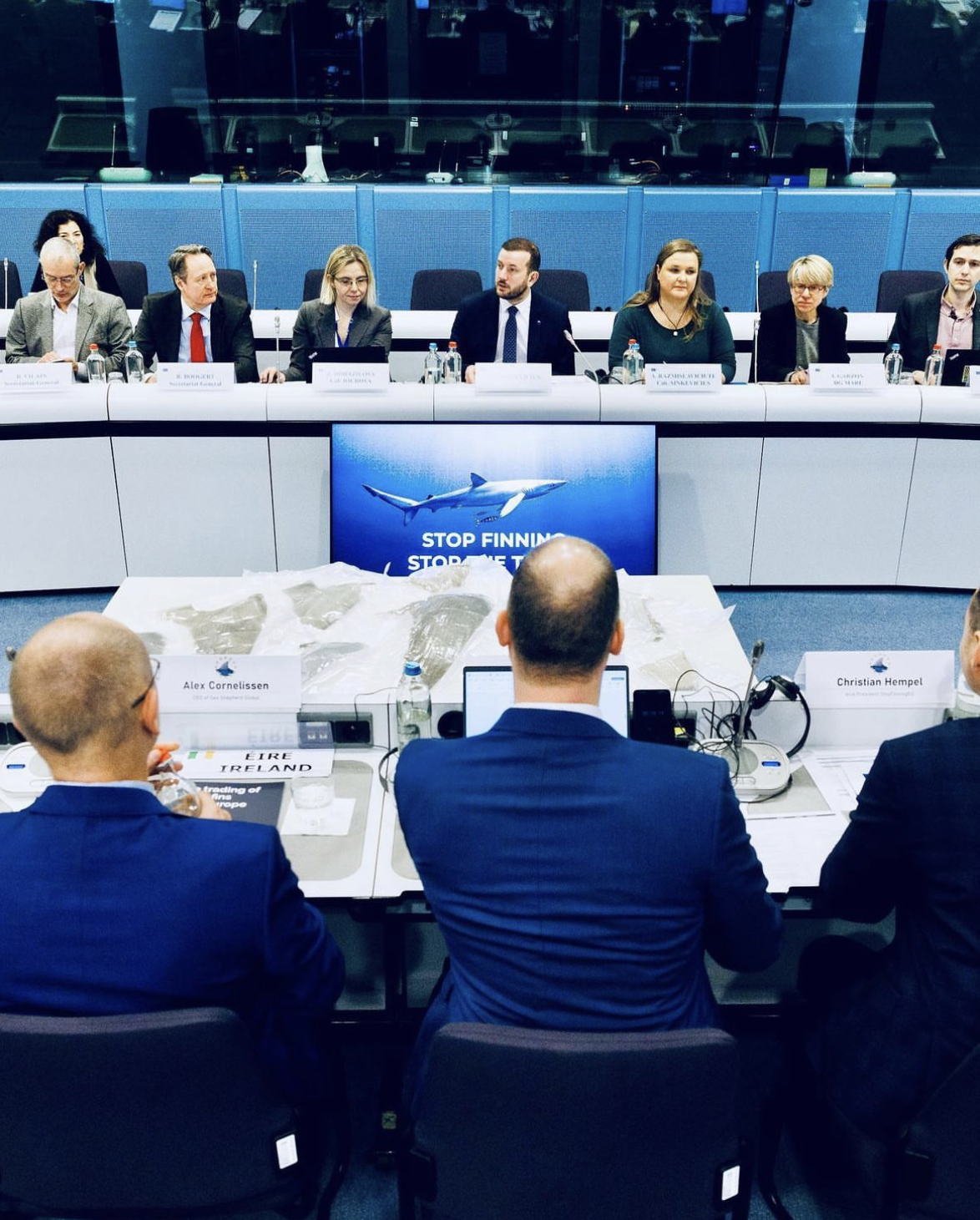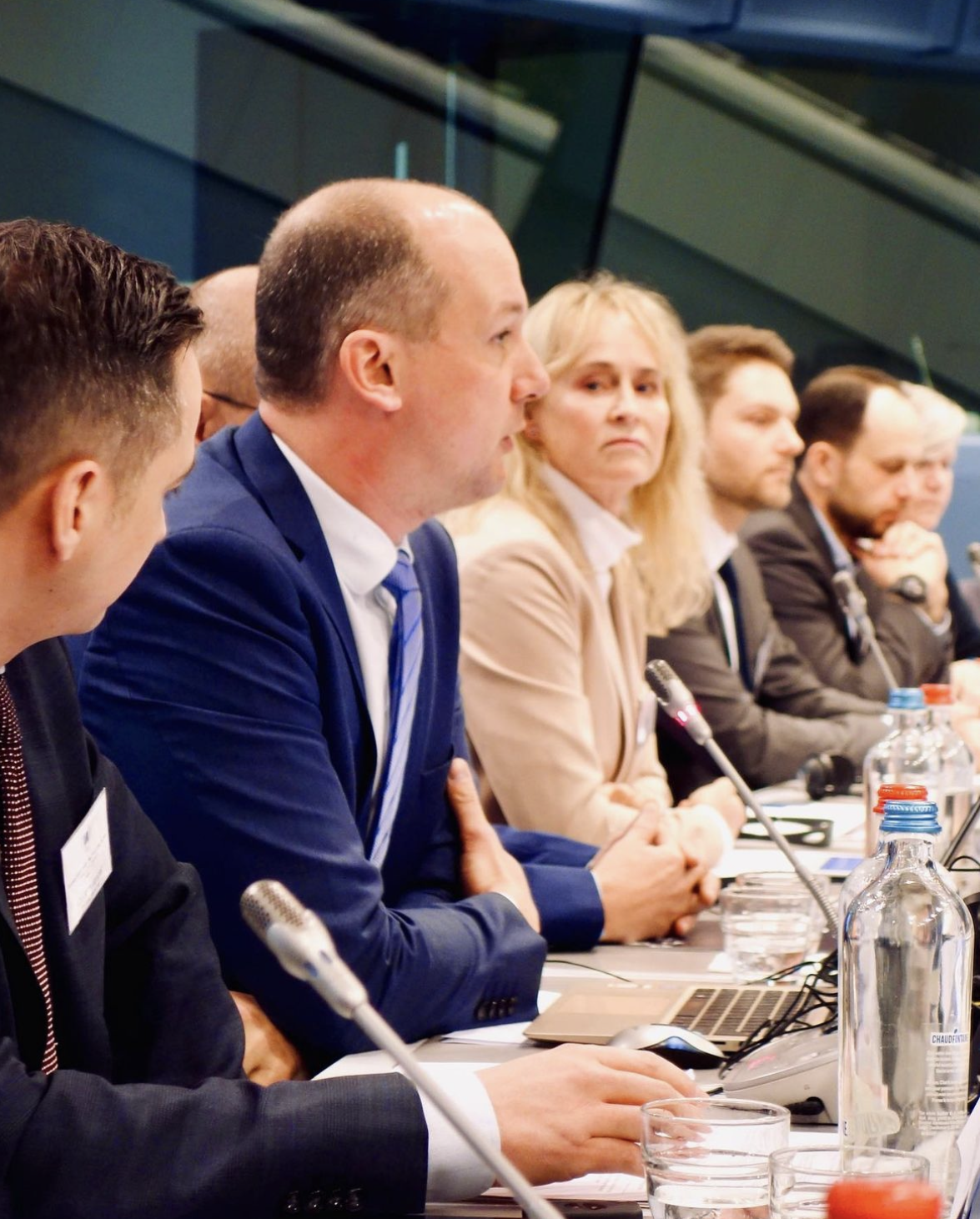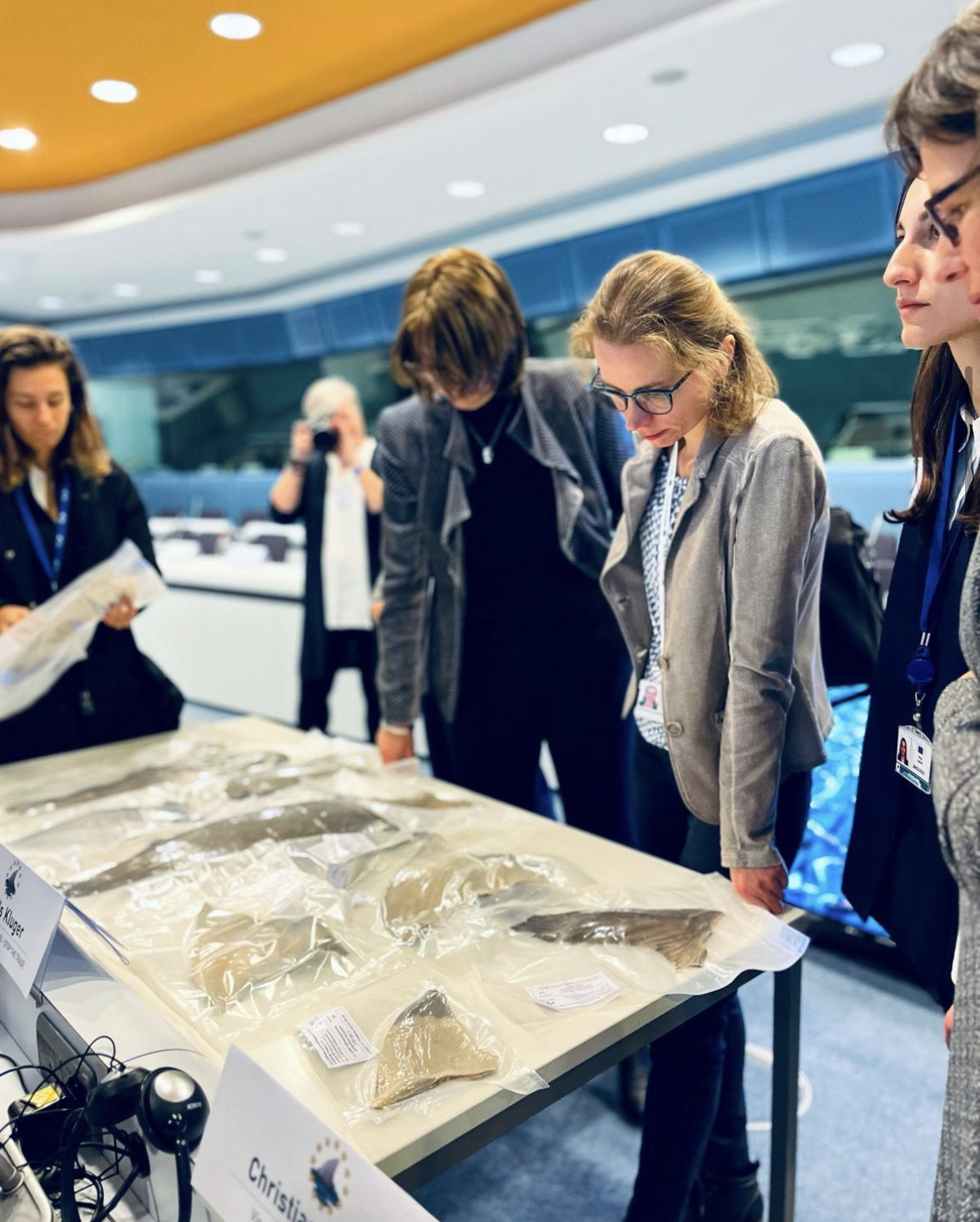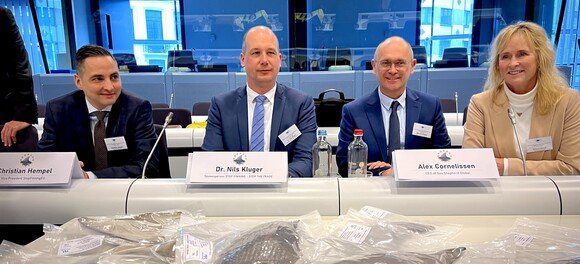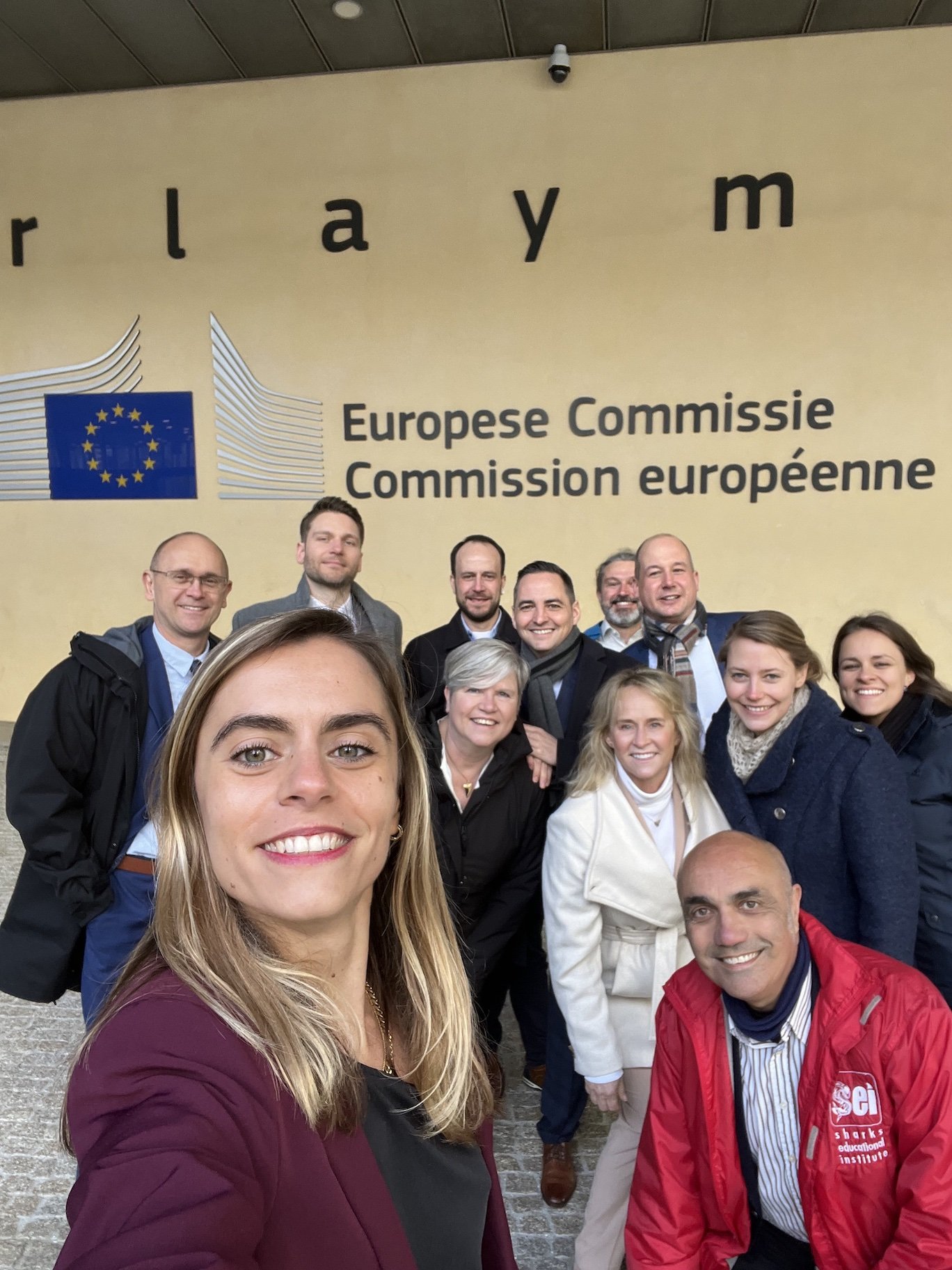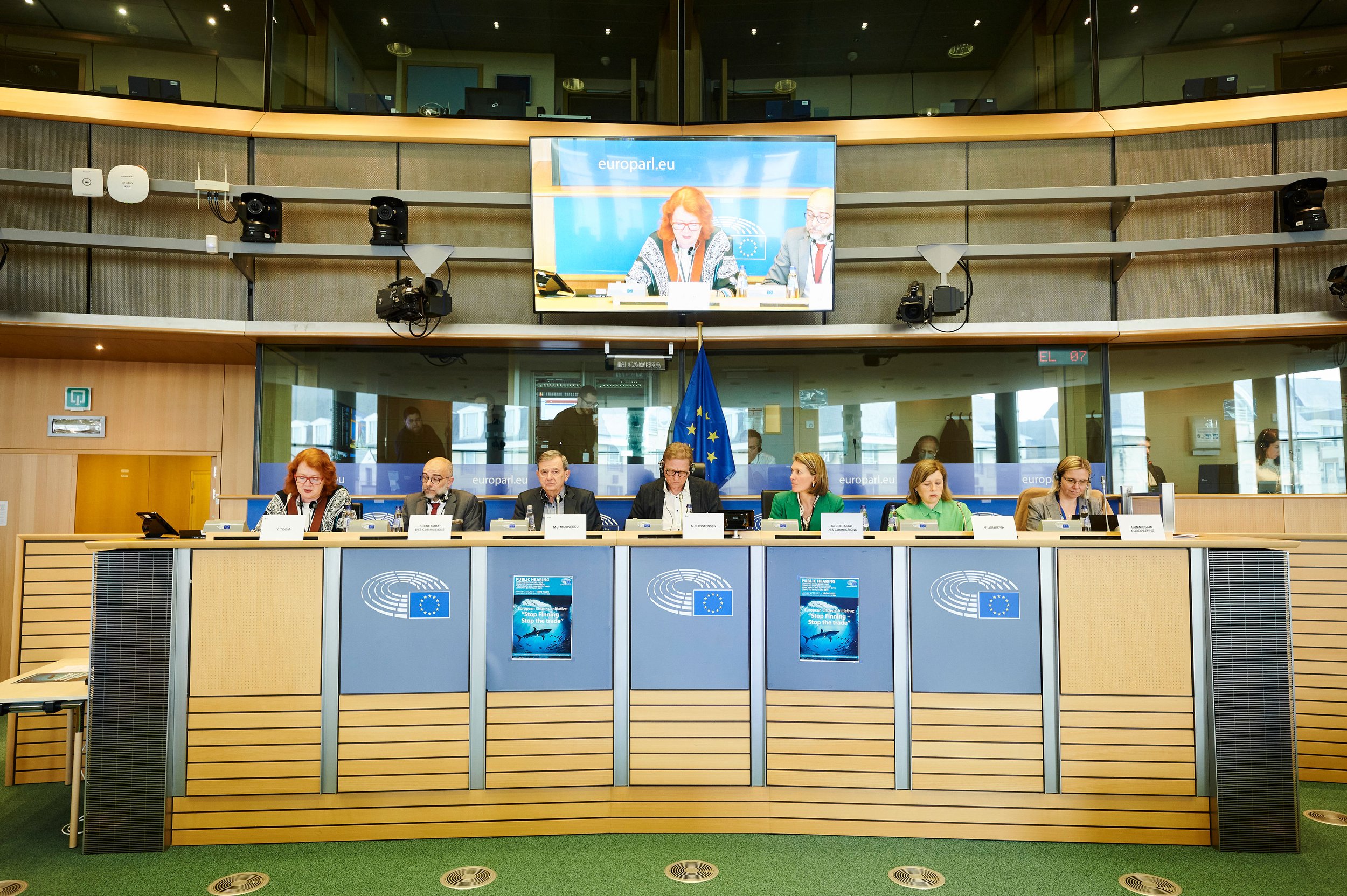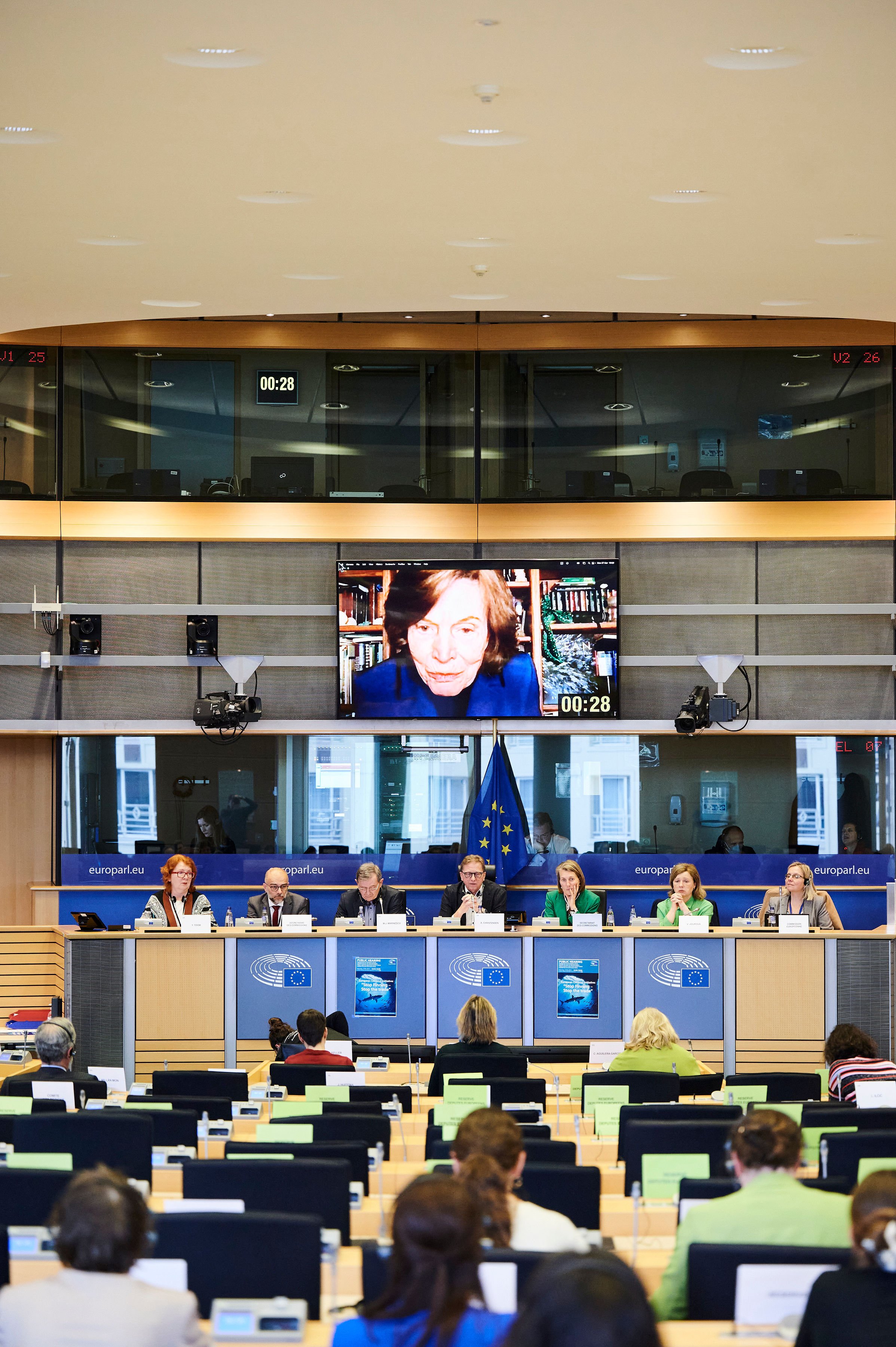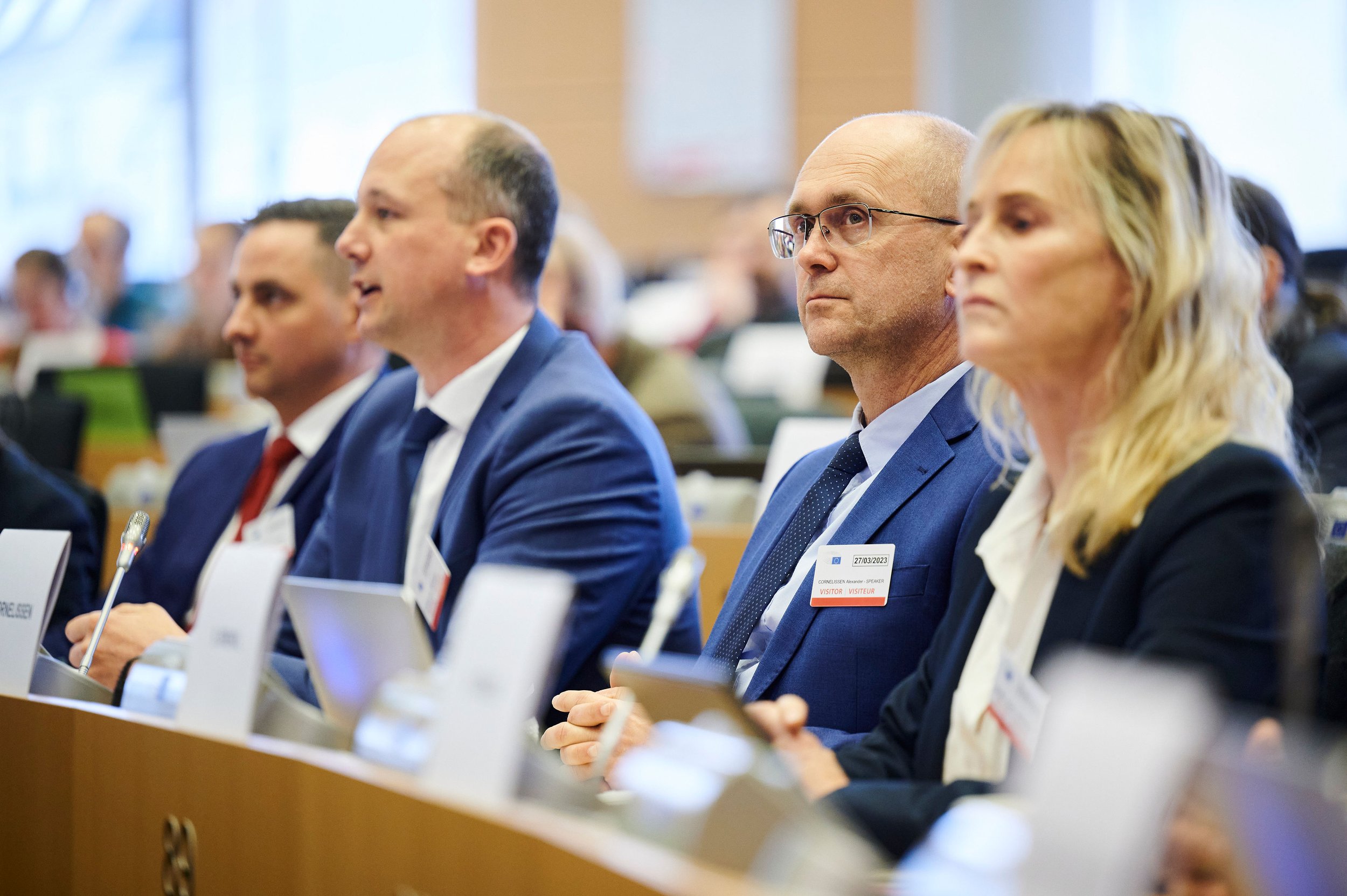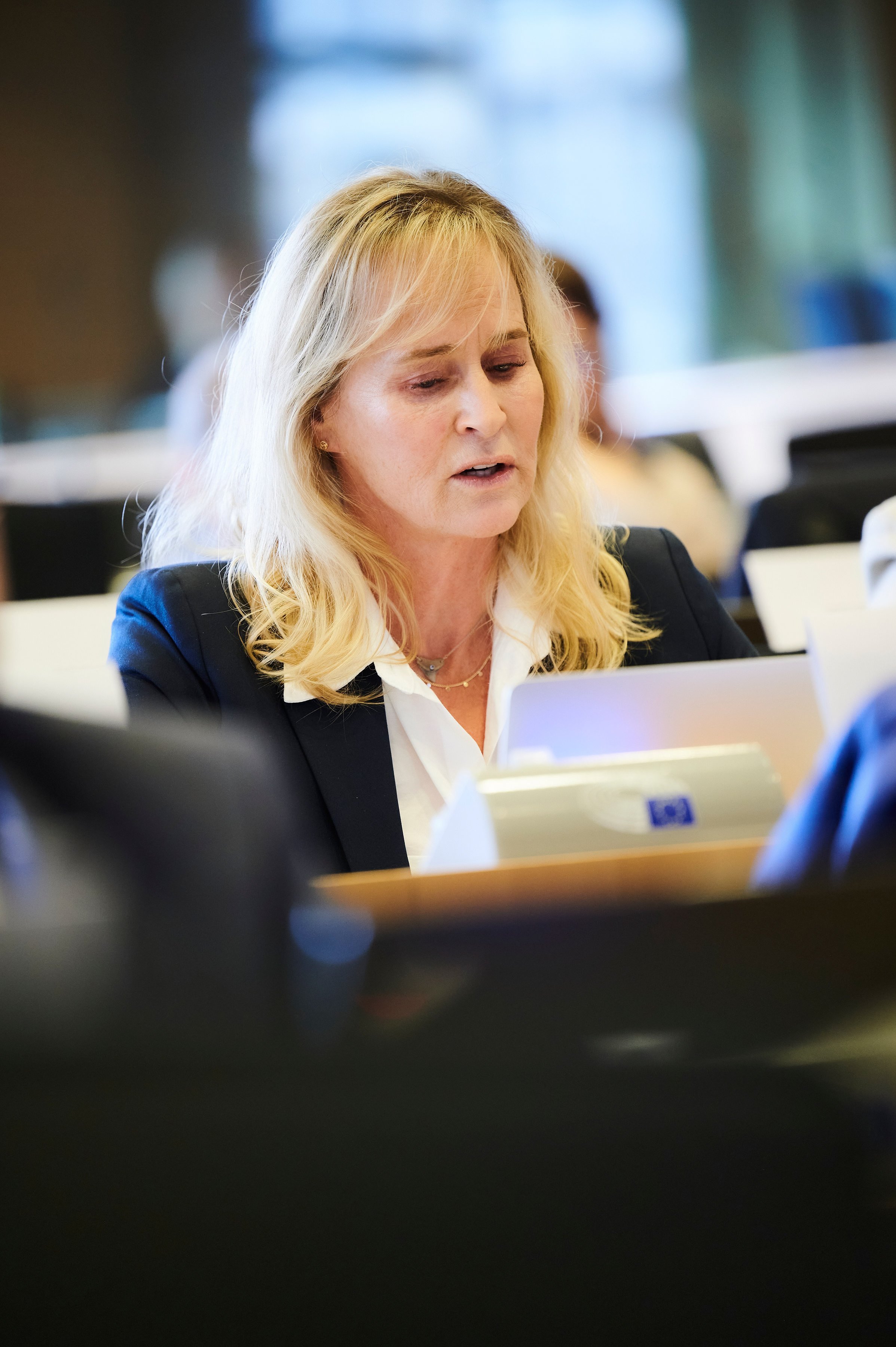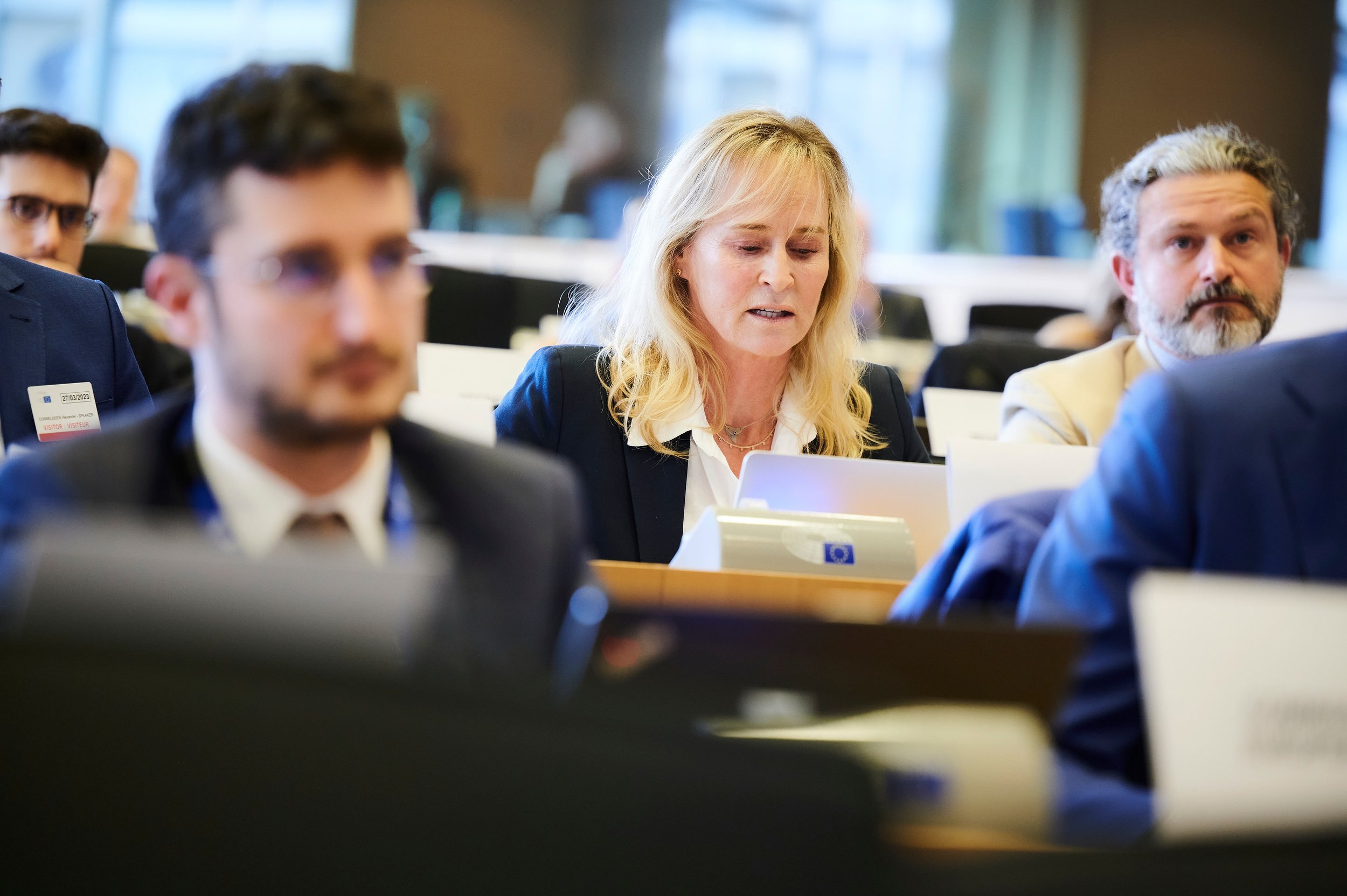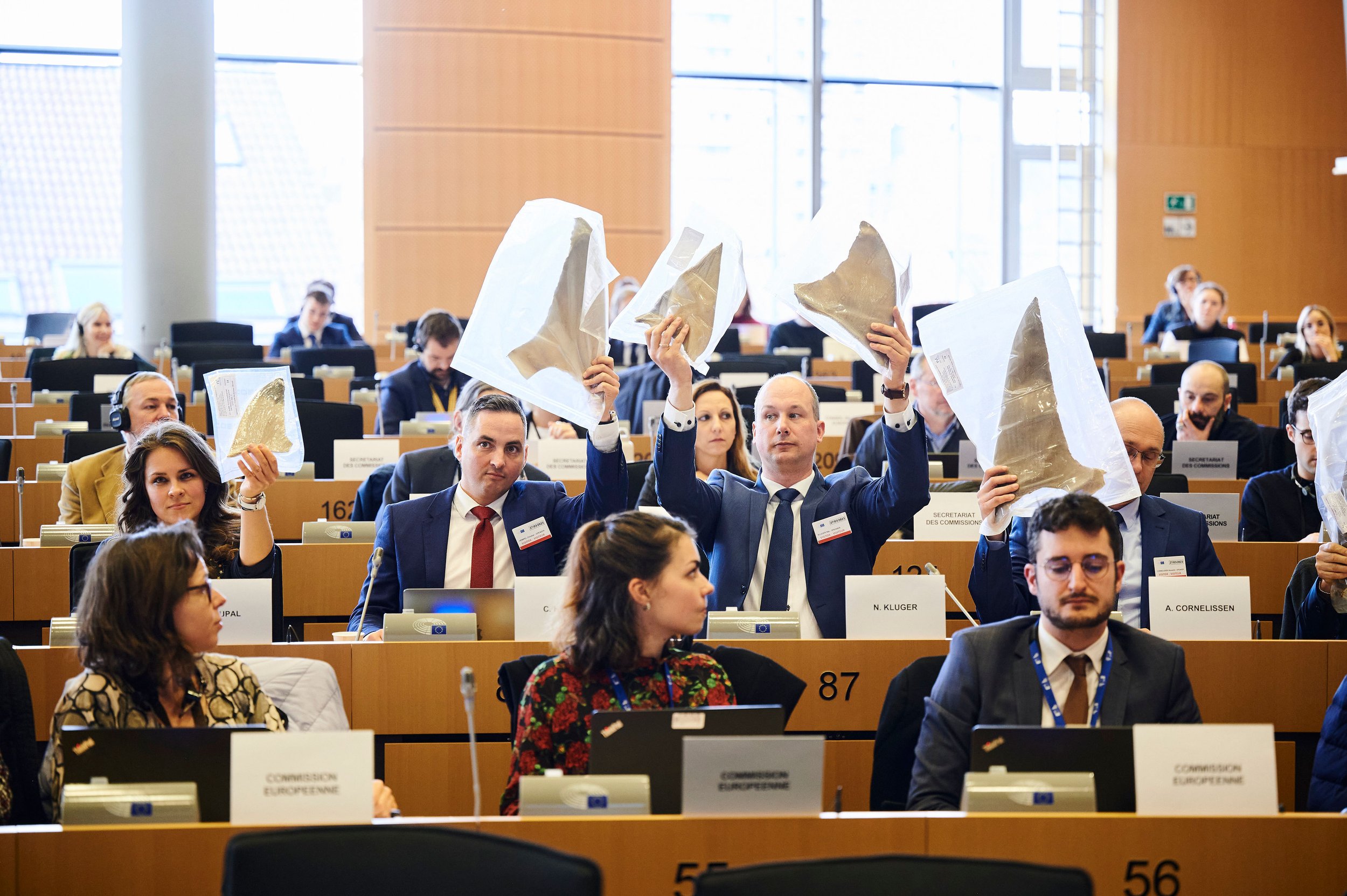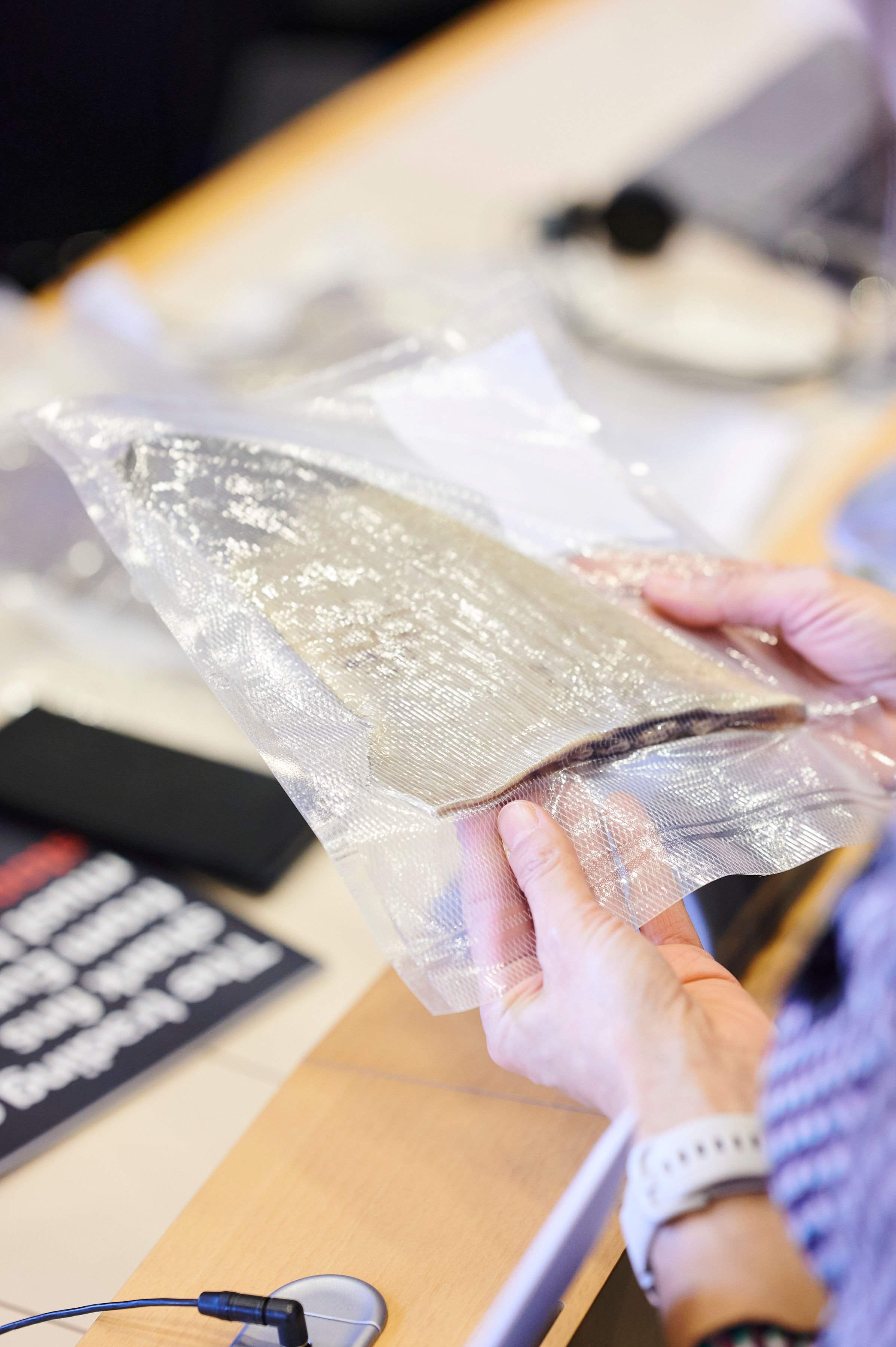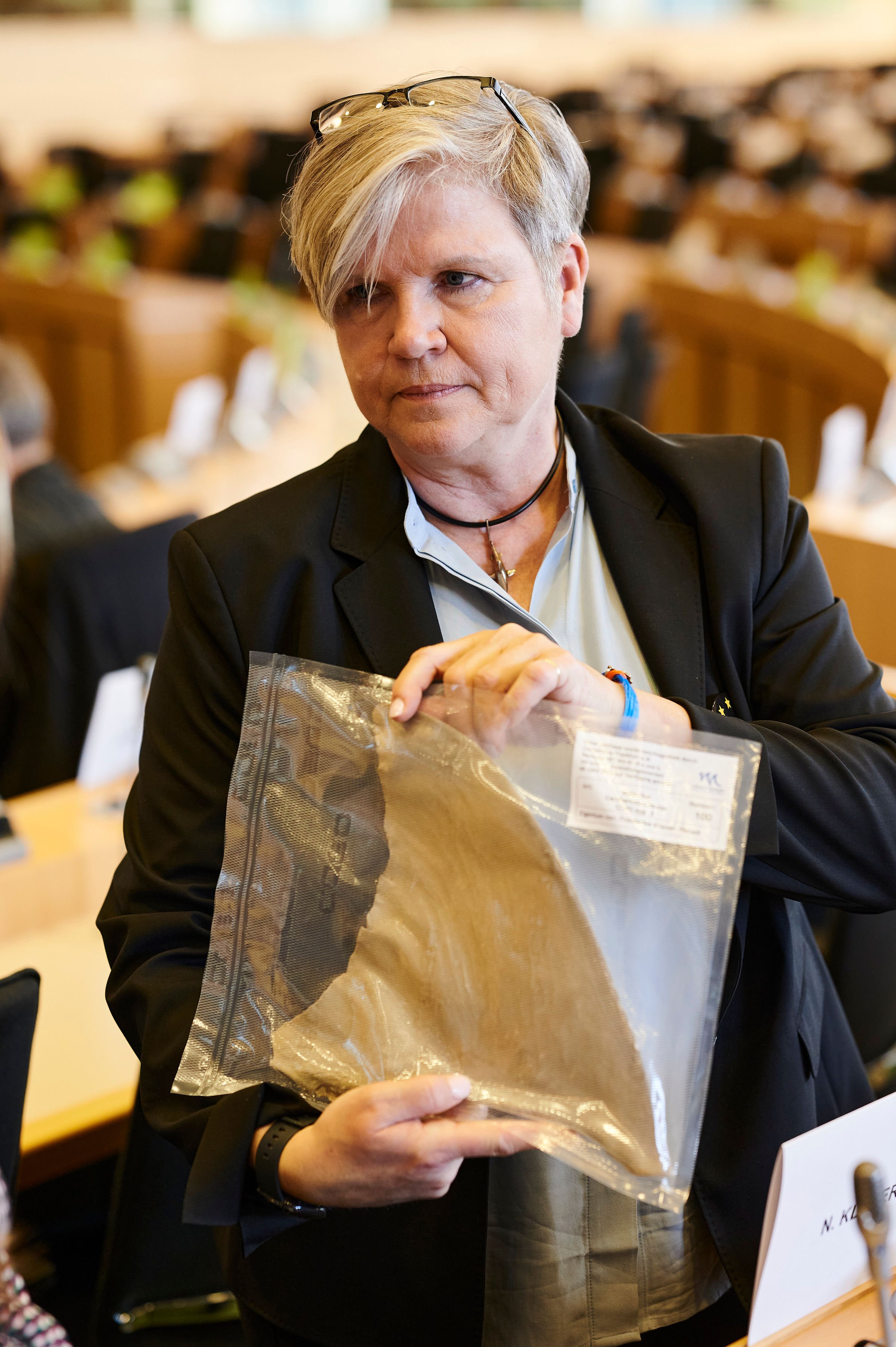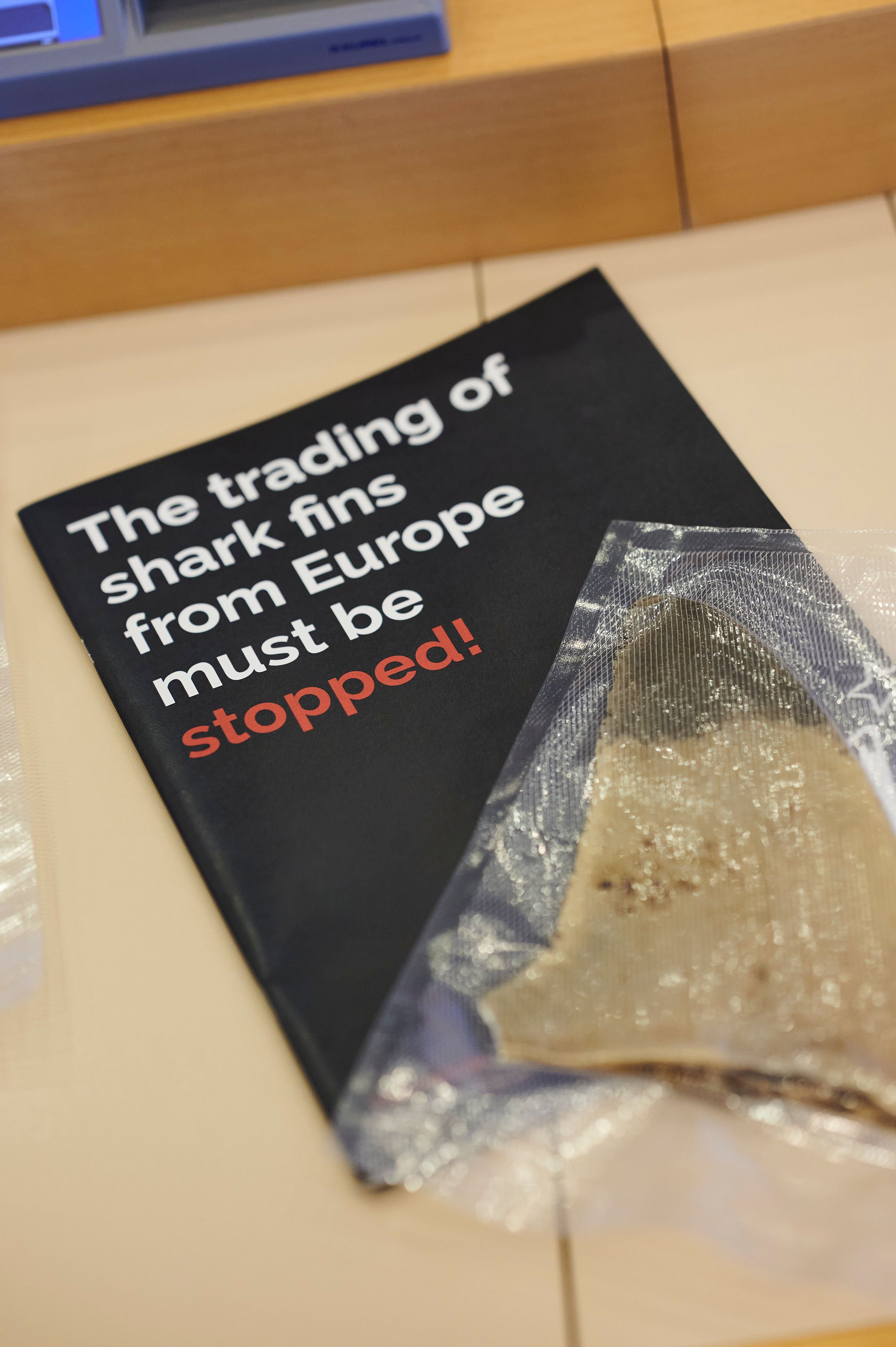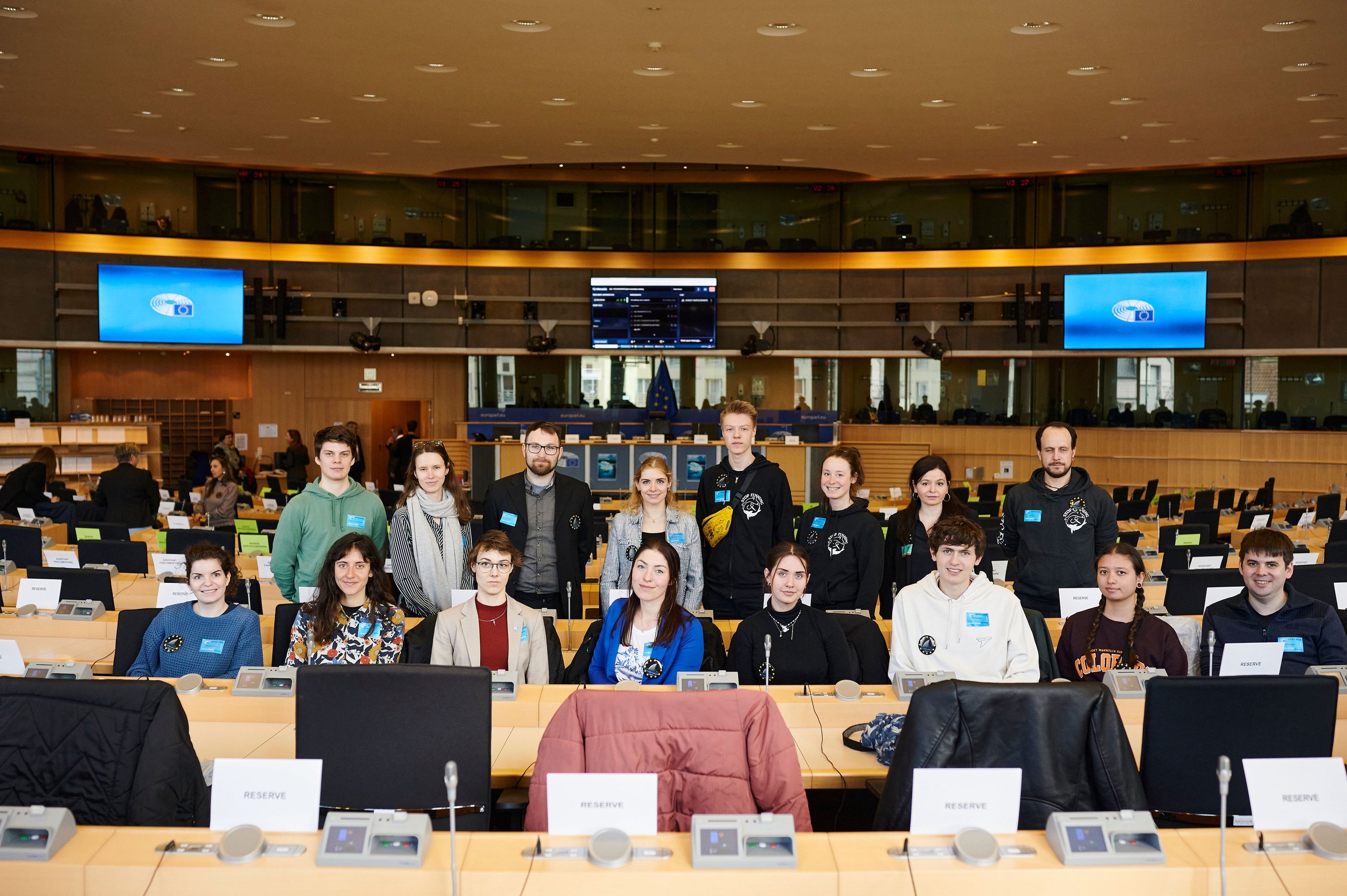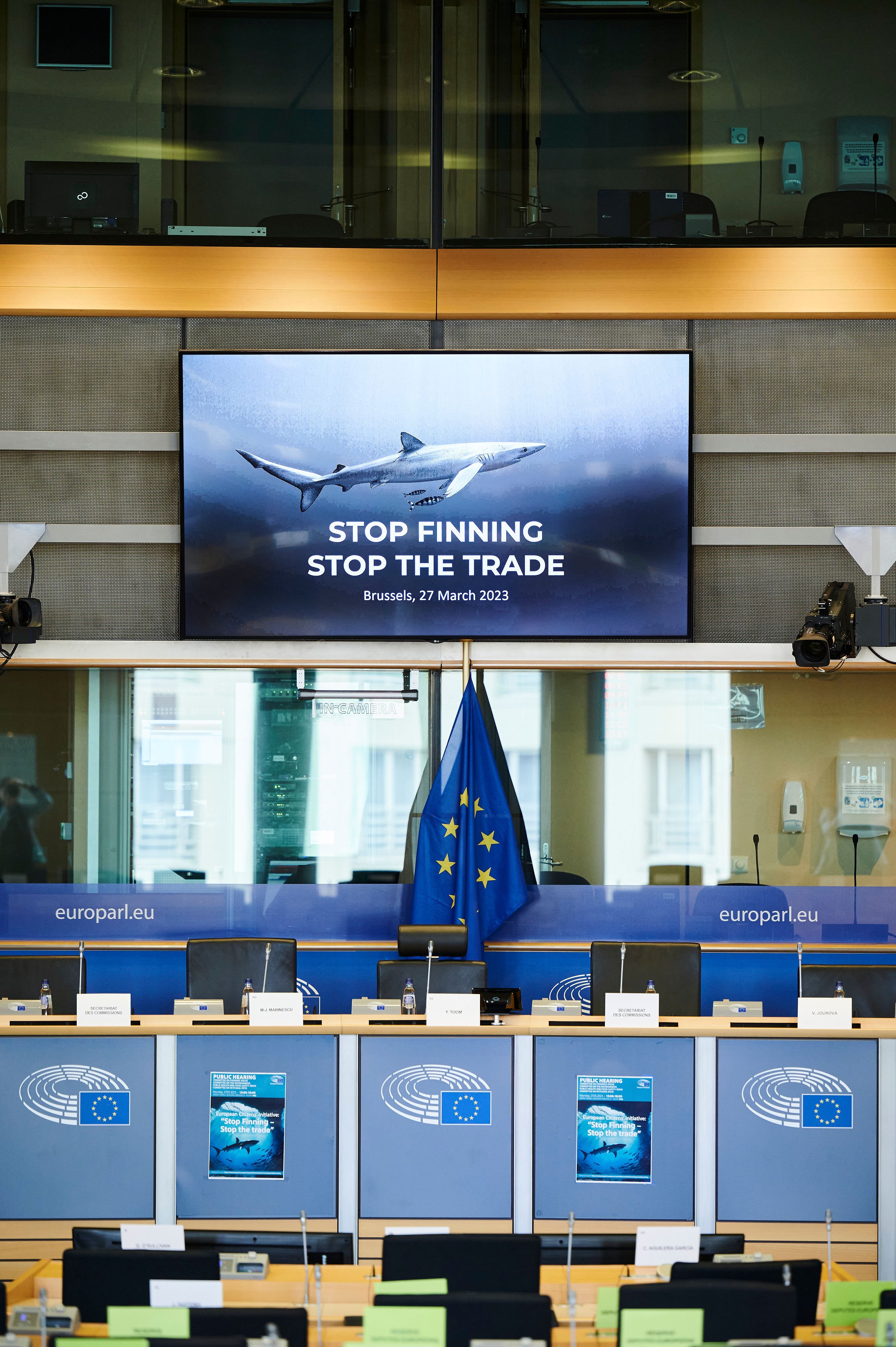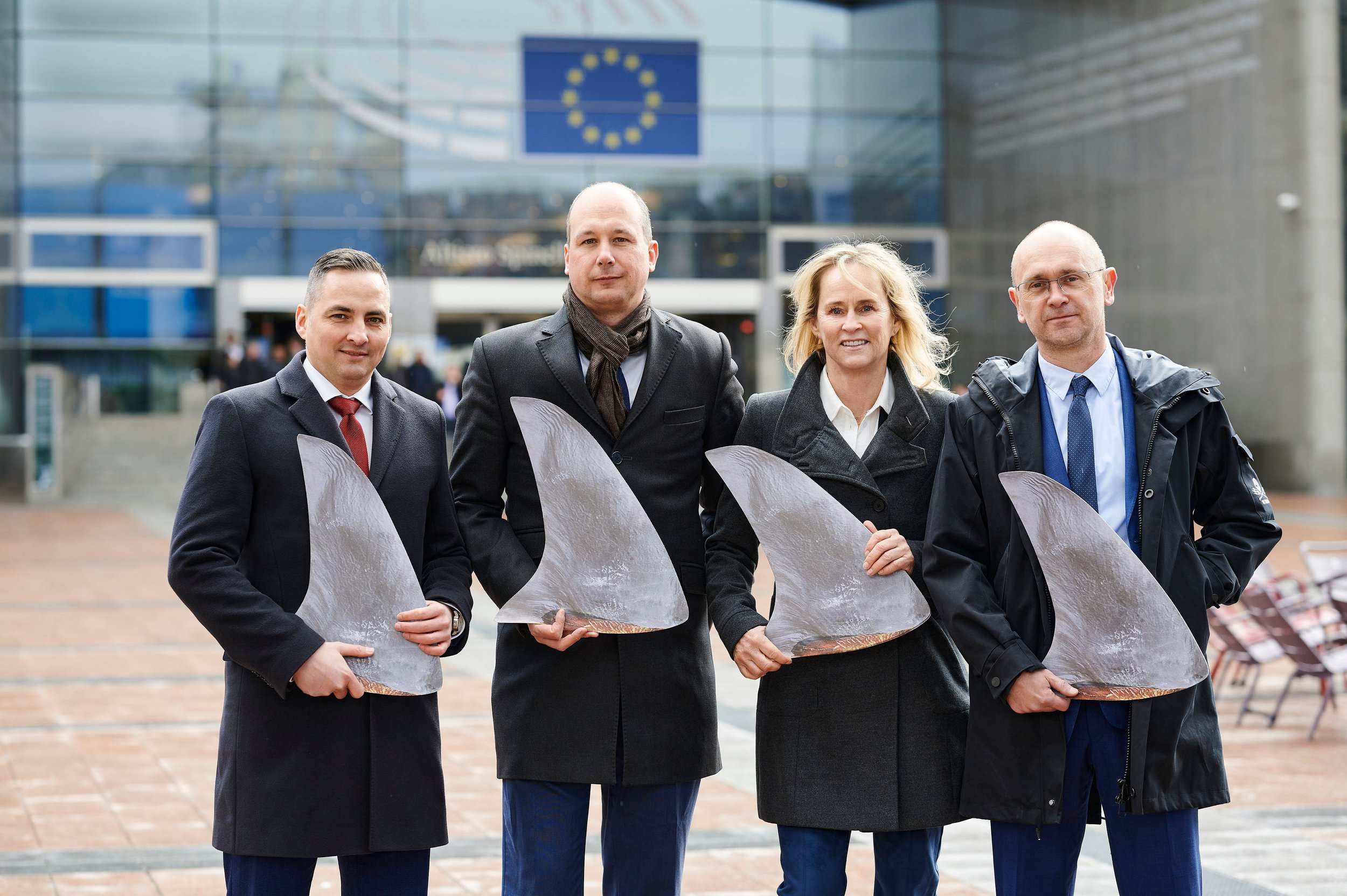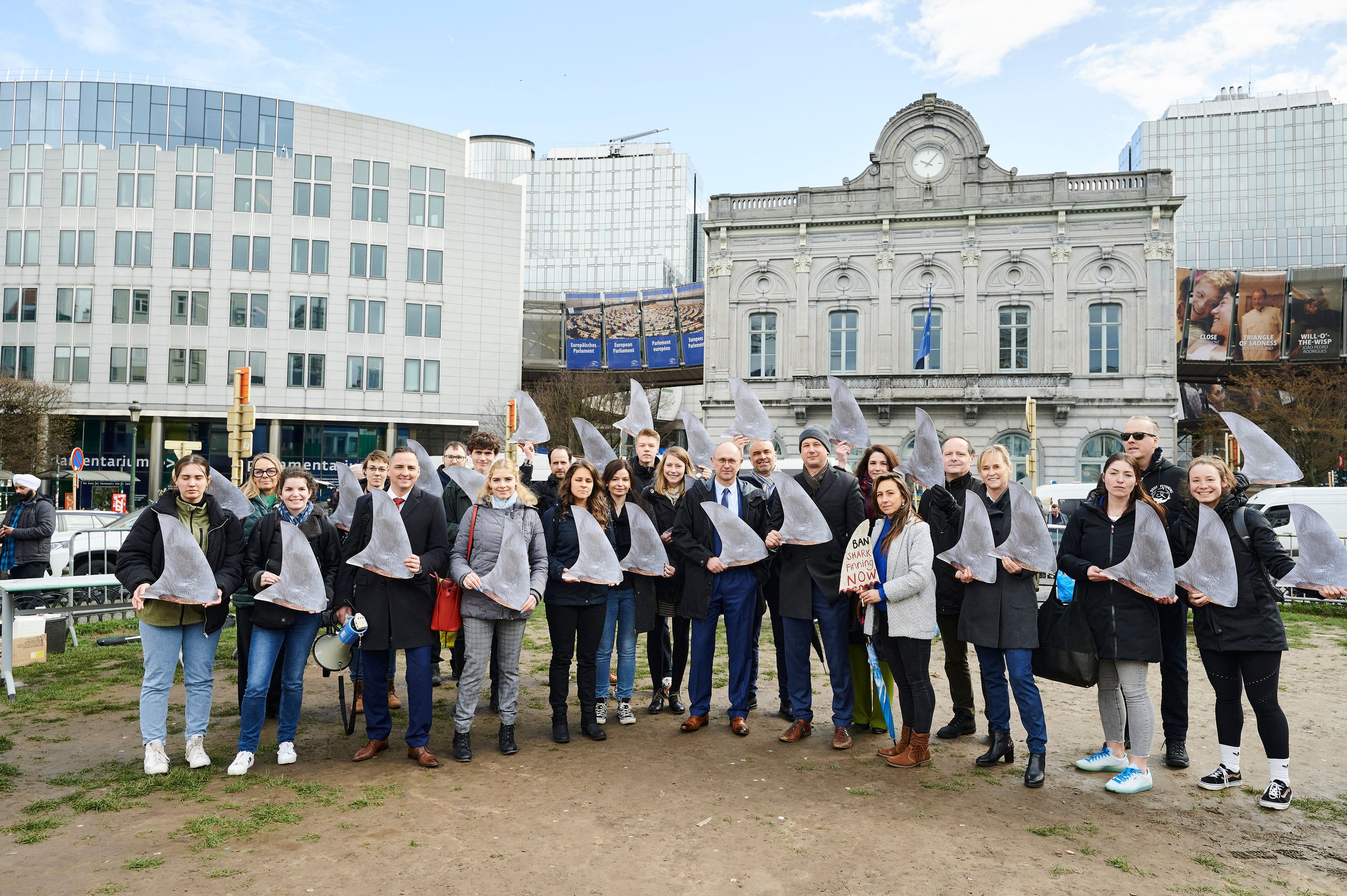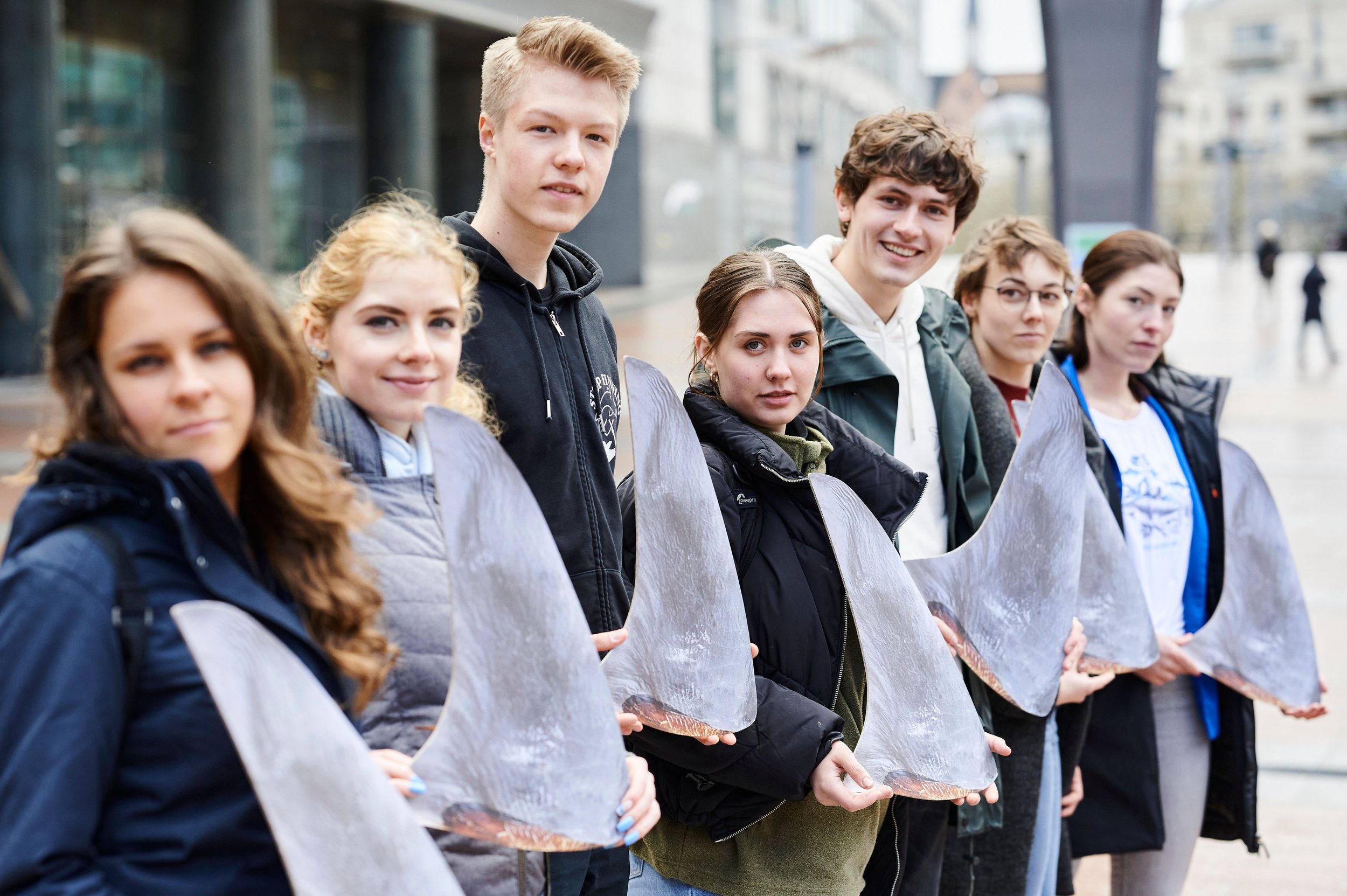the what
Campaign Background
European Citizens Initiatives in action:
As of 2012, European citizens have the right to directly appeal to the European Commission with an “ECI” as a means of proposing amendments not on the agenda. This newer form of legislative action is formally recognized by EU decision makers so long as a total of one million registered European citizens from 1/4 of EU states (7 countries) sign on in support (more details here). A typical petition is open to signatures for one year, but in the case of #StopFinningEU’s pre-pandemic launch, it was extended due to the worldwide shut down. Once the official petition is submitted and the initiative is presented by the ECI’s official Citizens’ Committee at a public hearing in European Parliament, the European Commission is obliged to react. The Commission then has 3 months to respond as to how they plan to proceed. Ideally, this formal response will reflect the adoption of said proposal and thus conduct a legislative amendment, however, there is always the possibility of rejection.
What Could Happen Next?
Legislation — If the Commission considers legislation as an appropriate response to the initiative, it will start preparing a formal proposal. This can require preparatory steps like public consultations, impact assessments, and the like. Once adopted by the Commission, the proposal is submitted to the European Parliament and the EU Council (or in some cases, only to the Council), which will need to adopt it for it to become law.
Other Action — The Commission is not obliged to propose legislation, and even where it responds positively, the most appropriate follow-up to an initiative may be non-legislative in nature. There are a range of other measures that may be more suitable.
Follow-Up — The European Parliament may also assess the measures taken by the Commission.
campaign Timeline
January 18, 2020: Boot DÜSSELDORF Announcement
“Stop Finning — Stop the Trade” European Citizens Initiative was officially announced at Germany’s international boat show, BOOT Düsseldorf. Shark Allies Executive Director, Stefanie Brendl, was invited to speak about past legislative successes to ban the sale and trade of shark fins in the United States and Pacific Island Nations. During several press conferences and stage presentations, Stefanie, accompanied by German actor, filmmaker and environmental activist, Hannes Jaenicke, made the case for why it is high time for the EU to take steps to protect sharks against the fin trade. The EU is one of the biggest contributors to the global fin market and home to major trading points for countries that have very little protection in place (Spain alone catches more than 1 million blue shark per year). The initiative was launched by a committee of EU citizens and partner organizations to make up the official #StopFiningEU coalition. This press kick-off marked the beginning of the coalitions advocacy campaign to garner the support of at least 1 million EU citizens, the first time an EU-wide campaign for sharks has been attempted. Given the timing of the announcement just months before a worldwide shut down due to the COVID-19 pandemic, the period allowed for the signature collection was extended to January 31, 2022.
February 6, 2023: Commission Presentation
#StopFinningEU ECI representatives presented the arguments and goals of a European shark fin trade ban to EU Commissioners during a meeting in Brussels. The Commissioners engaged with the team and listened with great attention to the presentation on how an end to trading loose shark fins would serve the EU’s strategic goals in marine conservation. After the official meeting, many of the Members of European Parliament stayed to ask more detailed questions and to see some of the dried shark fins from confiscated shipments that were brought along.
The EU Commission is the responsible authority to determine what will come out of the “Stop Finning — Stop the Trade” ECI.
Video by the European Union Parliament Media Centre, Photos by François de Ribaucourt.
May 11, 2023: Parliament Plenary Debate
Plenary session is where, “the Members of the European Parliament take part in the EU's decision-making and express their standpoint vis-à-a vis the Commission and Council.” Spanish MEPs opposed the ban, claiming their fleets do not engage in finning and stressing the importance of existing regulations. However, many supporters argue that the loose fin trade perpetuates overfishing and inhibits global shark conservation efforts, reflecting sentiments made by fisheries Commissioner Virginijus Sinkevičius: “There is a global problem with sharks, and we should take our responsibilities.” The EU's significant role in the fin trade, particularly through Spanish involvement, highlights the need for action.
Plenary debate, video and photos by the European Parliament Media Centre.
January 11, 2023: 1,119,996 votes submitted
After almost two and a half straight years of advocacy by the #StopFinningEU coalition to garner support for a shark fin trade ban by European citizens, the official initiative team was able to deliver 1,119,996 votes before the end of the month deadline to the European Commission.
On this special day, more than 50 people from 10+ European countries gathered at the Place de Luxembourg in Brussels in front of the EU Parliament. They stood for more than 1.1 million people, 100 conservation organizations, countless companies and celebrities, and last but not least, teams from more than 15 EU countries and a multitude of people who believe that ending the trade in shark fins is the way to end the biggest threat to sharks in the world’s oceans.
On that date, representatives of the campaign submitted the official ECI request to stop the trade of fins in Europe, confirming that EU decision-makers must take up the issue and propose legislative action. Campaigners all over Europe did an amazing job mobilizing the forces to get these votes!
March 27, 2023: Parliament Hearing
The “Stop Finning — Stop the Trade” ECI moves to a public hearing in Parliament’s PECH Committee (Committee on Fisheries), in association with ENVI (Committee on Environment, Public Health and Food Safety) and PETI (Committee on Petitions) Committees. A group of experts spoke on behalf of more than 1.1 million Europeans who signed on in support of the initiative.
See the left video for coalition leads’ reflections on the hearing. Many interesting questions and discussion points were raised by the Members of the European Parliament as Virginius Sinkevicius, European Commissioner for the Environment, Oceans and Fisheries guided the hearing and expressed support for the ECI.
July 7, 2023: Official Commission Response
The EU Commission delivers its official response to the ECI (European Citizens Initiative) Stop Finning – Stop the Trade. In it, the Commission acknowledges that through their initial research in the last months, they have determined that the fin trade is problematic and that the EU government must take action. They therefore propose that an economic impact assessment is conducted, that takes a close look at the consequences of shark fishing and potential fin trade regulations, and that will serve as the basis on which they decide what sort of regulation or legislation is needed.
This is a great outcome. The answer could have just as well been that it was determined that current rules are sufficient and that all that needs to be done is an adjustment. The goal is an additional Trade law, not more fishing regulations. Having this response is keeping the door open to get to where we want to be. While this decision to undertake an impact assessment is no guarantee for legislation, it is a necessary step for several reasons. If legislation was introduced without a thorough assessment of industries, markets, and societal impacts, it is all but guaranteed that someone would challenge it based on a lack of preparation. Making a law for 27 countries is no easy feat. Economic numbers must be a known factor and when it comes to sharks, this has never been done. There isn’t a single conservation organization that would have taken that on, but the EU Commission has the capacity to do so.
However, the obvious concern will be that all impacts are equally researched, including social and environmental, biodiversity, eco-tourism, coastal community, and subsistence-level fishing impacts. Because it is clear that the industrial fishing lobby perceives this simply as an impact on their income. This is a critical part of the process that we now must watch out for. There are many more hurdles to overcome.
With this official response, the Commission has fulfilled the mandate that the ECI demanded. The Commission members made it very clear that the topic of the shark fin trade is now entering the ‘regular political process’. This means there are no more special considerations for the ECI coalition members and there are no particular deliverables that are expected of the Commission. From here on out the Commission will act because they have recognized the need for action, and because they are willing to make this a priority, alongside the many other proposals they are considering in the coming year. For the advocates and the EU coalition, this means we are entering the political tug of war, just like any other legislative proposal. Building a powerful campaign that can see this through the next two years will be a great challenge, as this will require constant attention, funding, and action in order to succeed. It will be achievable if many partners come together to support this with full commitment.



